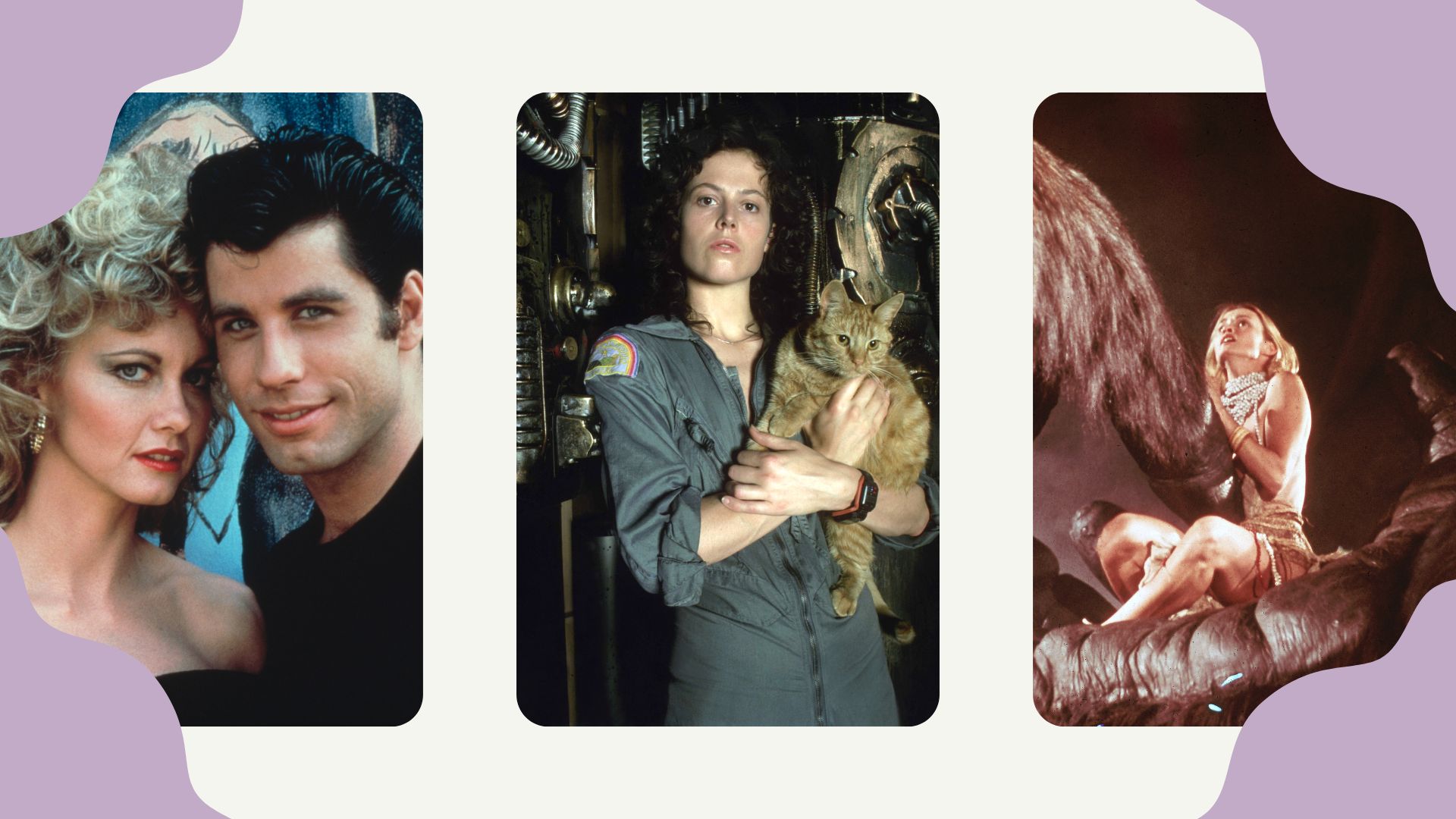
The 1970s saw a new movement of filmmakers enter the picture and a grittier movie style take over. Films like The Godfather, Taxi Driver and Jaws also introduced audiences to a new era of directors and stars that still enjoy success today.
Films of the 70s often focused on social issues, the counterculture movement and other elements that spoke to the younger audience now filling the cinemas.
From groundbreaking horror movies like The Exorcist to pivotal science fiction in Alien and the Star Wars franchise, we revisit the most successful films of the decade.
The most successful movies of the 70s
Jaws
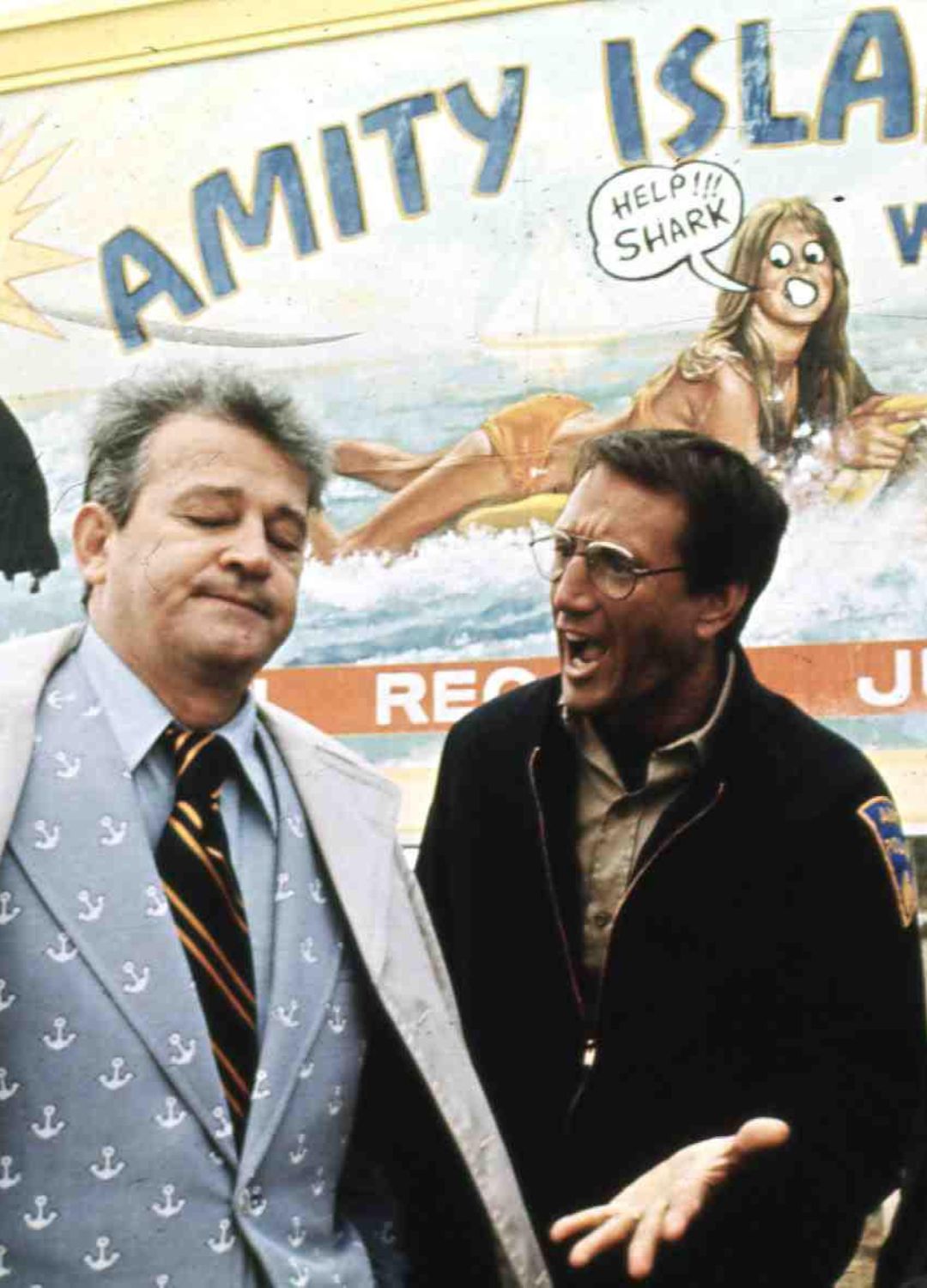
Directed by then-26-year-old Steven Spielberg as his second-ever feature film, Jaws would go on to represent a defining moment in cinema and catapult the filmmaker into universal fame. Based on the novel of the same name, Jaws depicts a shark wreaking havoc on a small beach town and opens with a well-known scene of a young woman being killed by a shark as she swims at night.
Famous for its influential score, use of the dolly zoom and the animatronic fake shark affectionately named ‘Bruce’ on set - which inspired the name of the shark in Finding Nemo years later - Jaws is one of the most successful films of all time, let alone the decade.
The Godfather
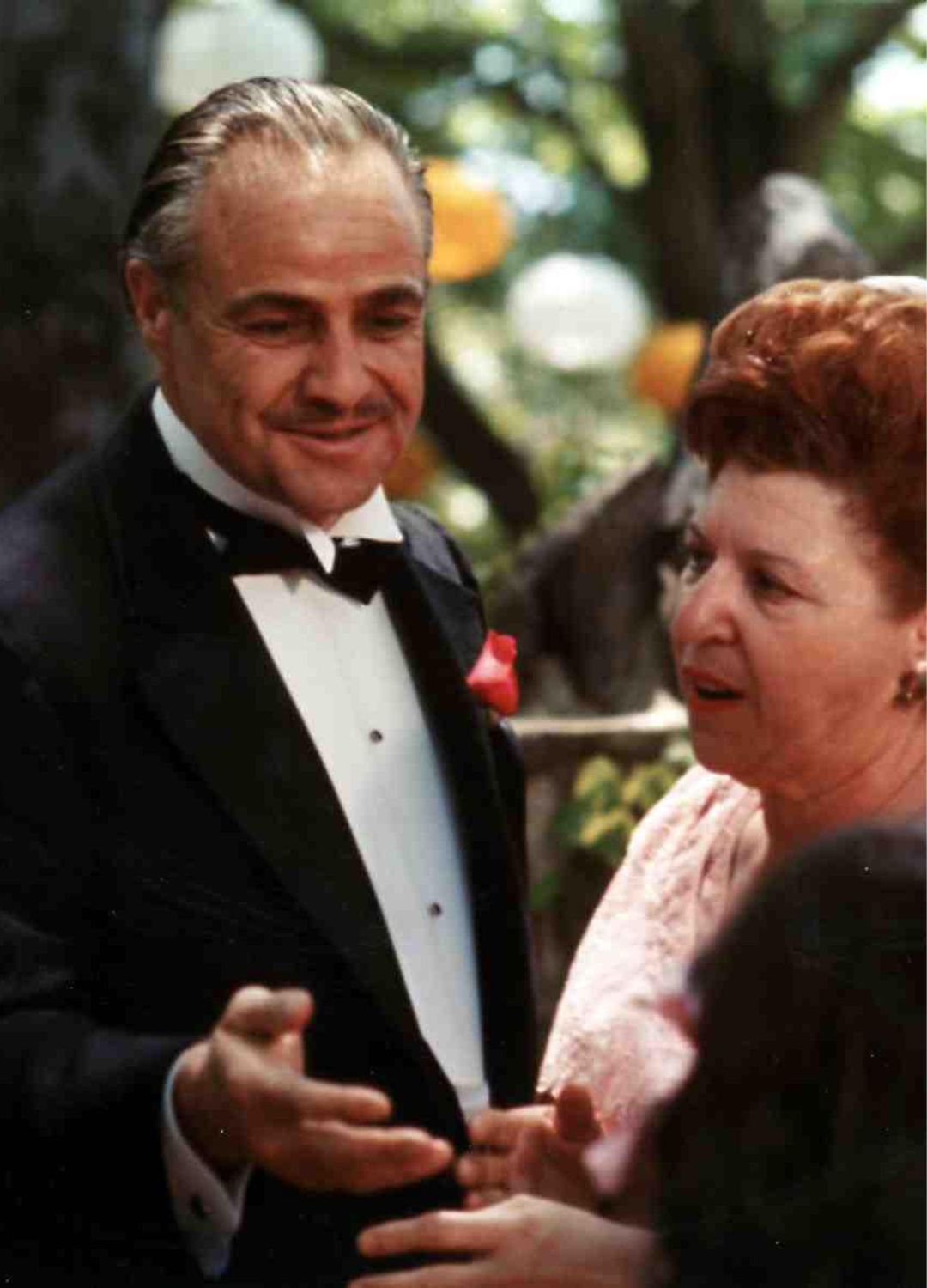
The Godfather is widely regarded as one of, if not the, best film ever made. Starring Marlon Brando and Al Pacino, Francis Ford Coppola’s film went on to greatly impact cultural perceptions of Italian-Americans and the mafia and influenced Martin Scorsese’s Goodfellas and the HBO series The Sopranos. It was briefly the highest-grossing film of all time and remains one of the most culturally iconic movies to come out of Hollywood.
Grease
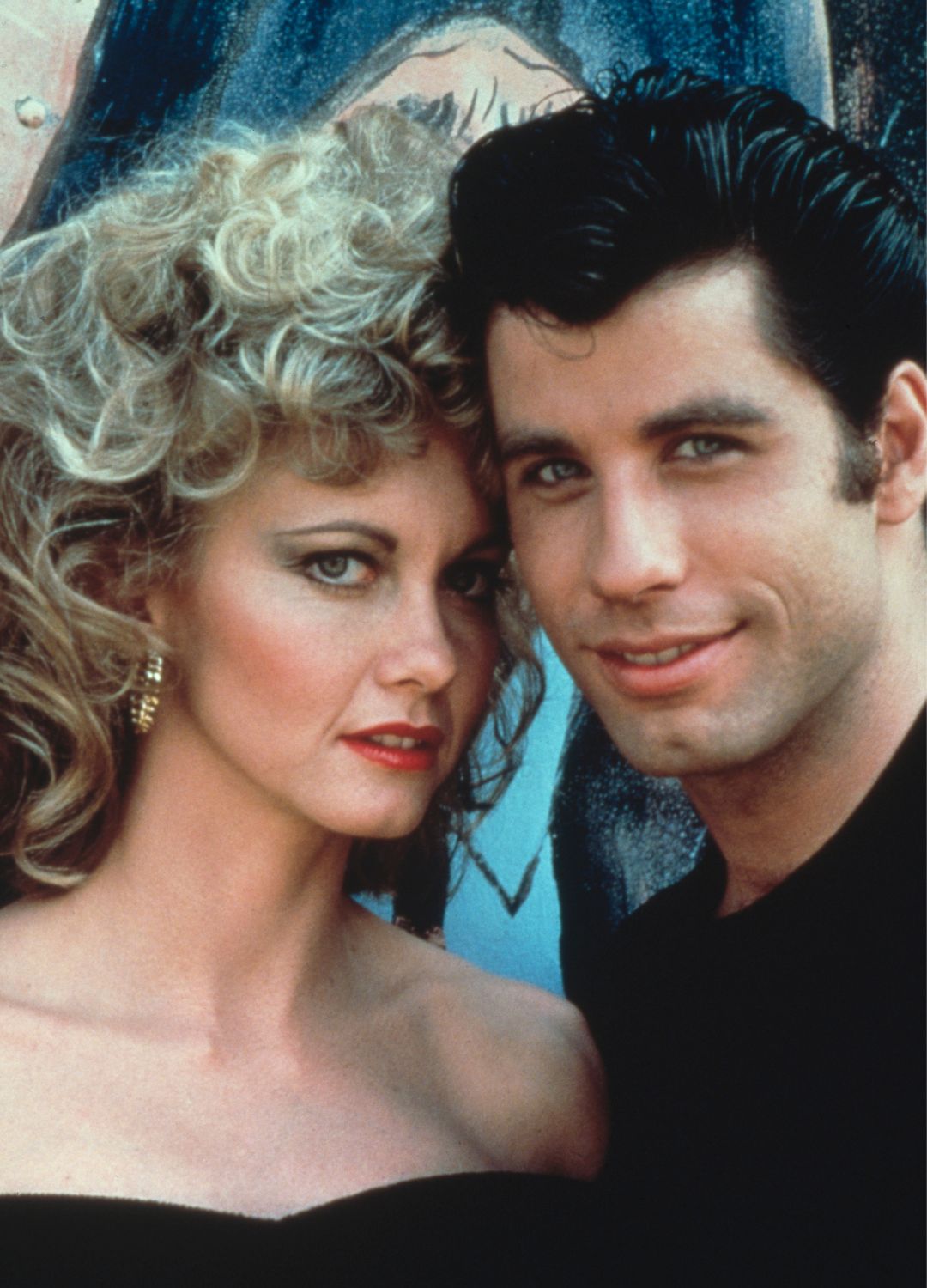
Based on the stage play, Grease is set at the fictional Rydell High School in the 1950s and follows a group of ‘greasers’, the T-Birds, and their friends, the Pink Ladies. Propelling Olivia Newton-John and John Travolta to fame, Grease was the highest-grossing musical ever made, eclipsing The Sound of Music, before Les Miserables was released in 2012. It’s still the highest-grossing film of 1978 and was the highest-grossing film for production studio Paramount, behind The Godfather.
The Exorcist
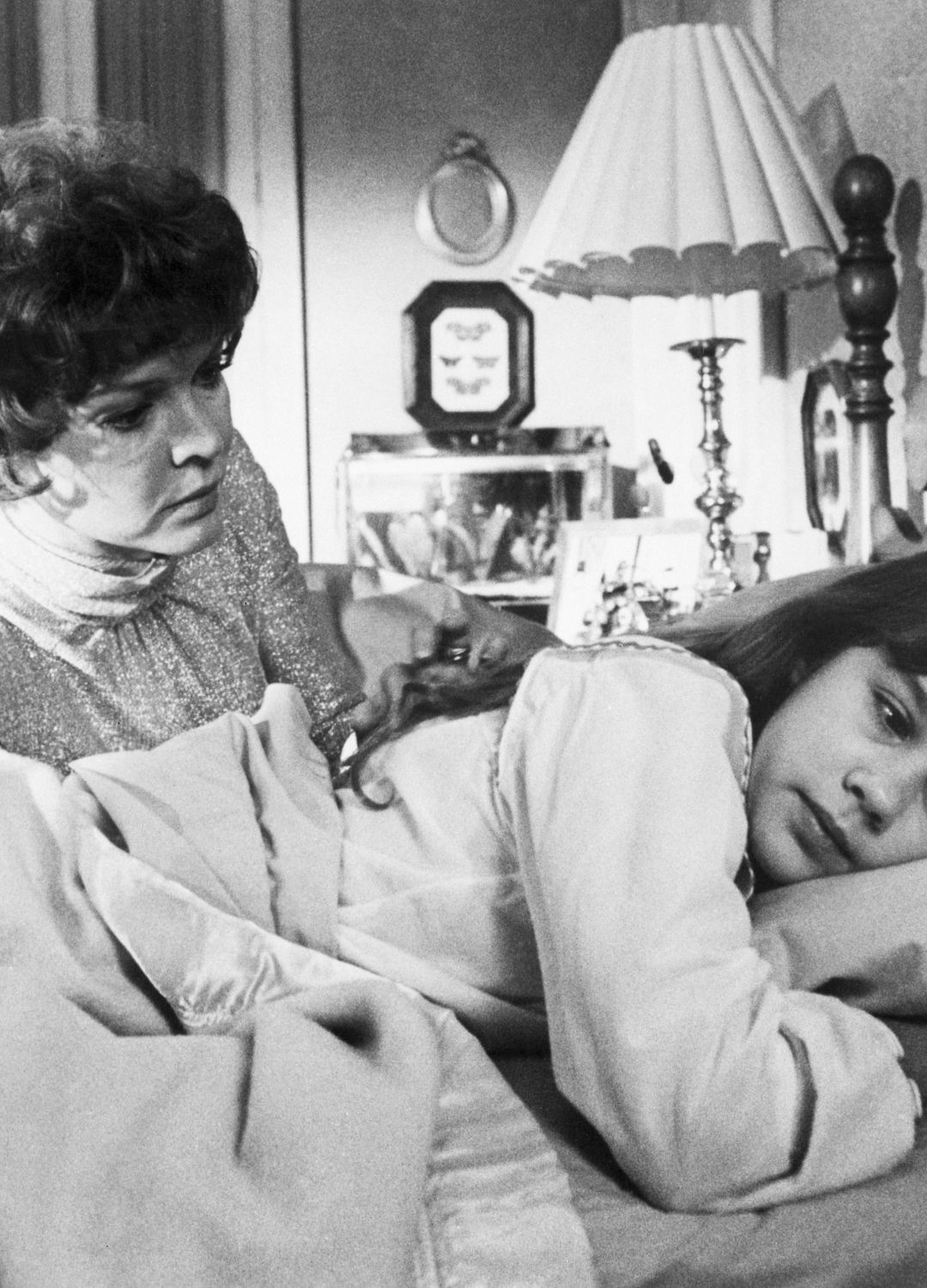
Supernatural film The Exorcist was not only the highest-grossing horror movie for a long time, it also had an unprecedented influence on the kinds of horror films that were made from then on, with its legacy still clear today. Starring Linda Blair as a possessed teenage girl and Ellen Burstyn as her mother, it became a cultural phenomenon and is often cited as one of the greatest horror films ever made. There were also intense reactions from audiences, with reports of fainting, vomiting, and hysteria during screenings.
Kramer vs Kramer
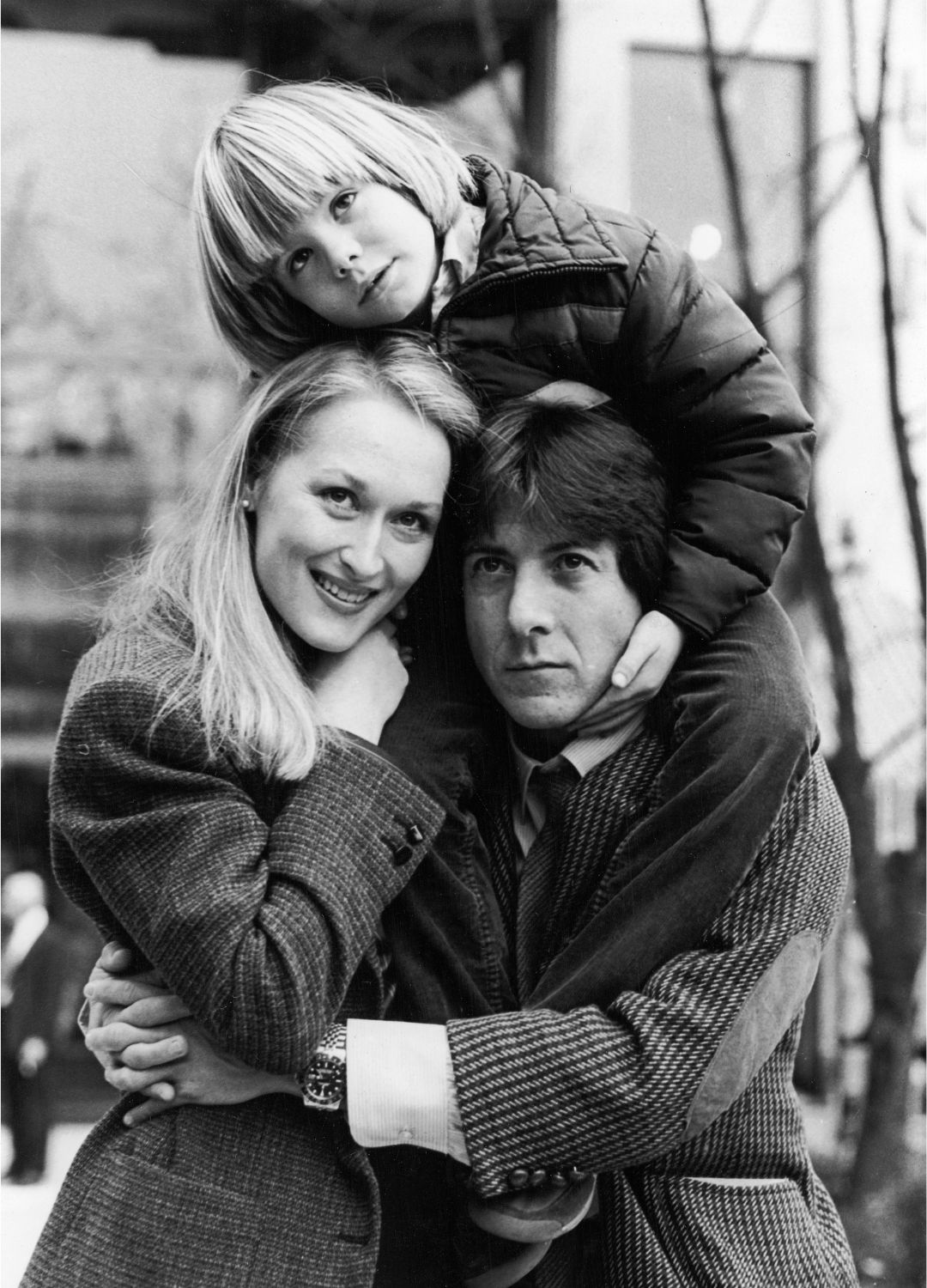
Meryl Streep is widely recognised as one of the best actors of her generation, and her affecting work in the family drama Kramer vs Kramer helped solidify this legacy. Playing a young mother who decides to leave her husband and son for over a year, Streep bagged the first of her three Oscar wins and the second of her record 21 nominations, despite this being her first leading role and third film role overall. The film, co-starring Dustin Hoffman, was revolutionary in its depiction of unhappy housewives and complicated divorces.
King Kong
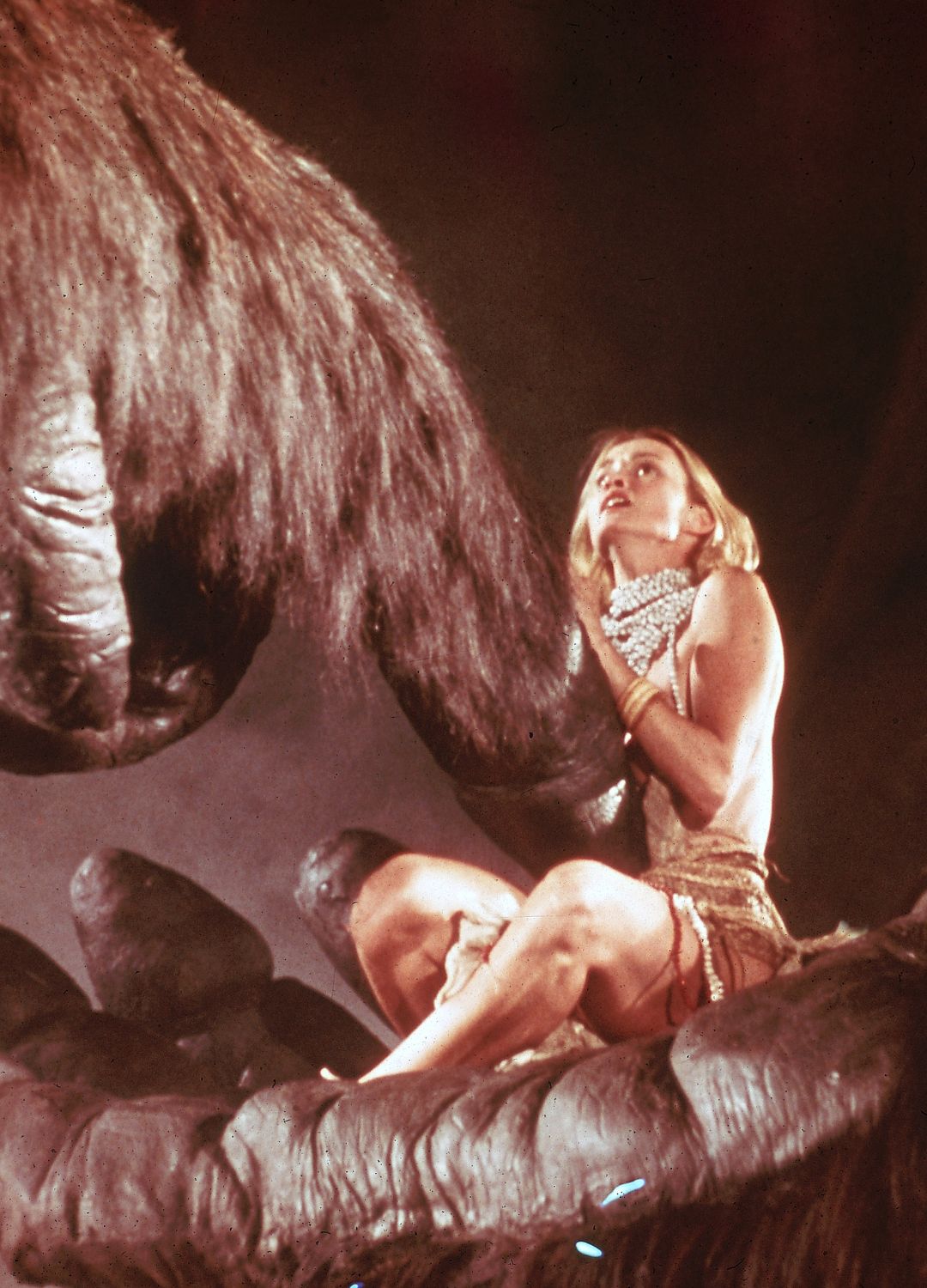
American Horror Story actress Jessica Lange got her big break and first film role in the 1976 remake of King Kong, where she played the object of a giant ape’s affection. Though it was one of the most successful films of that year, critics were less impressed, and the critical response didn’t live up to the director’s expectations of the film out-grossing Jaws from the previous year. However, despite its mixed reviews, the film has garnered a cult following and remains a notable entry in the King Kong franchise. It also won a Special Achievement Academy Award for Visual Effects.
The Deer Hunter
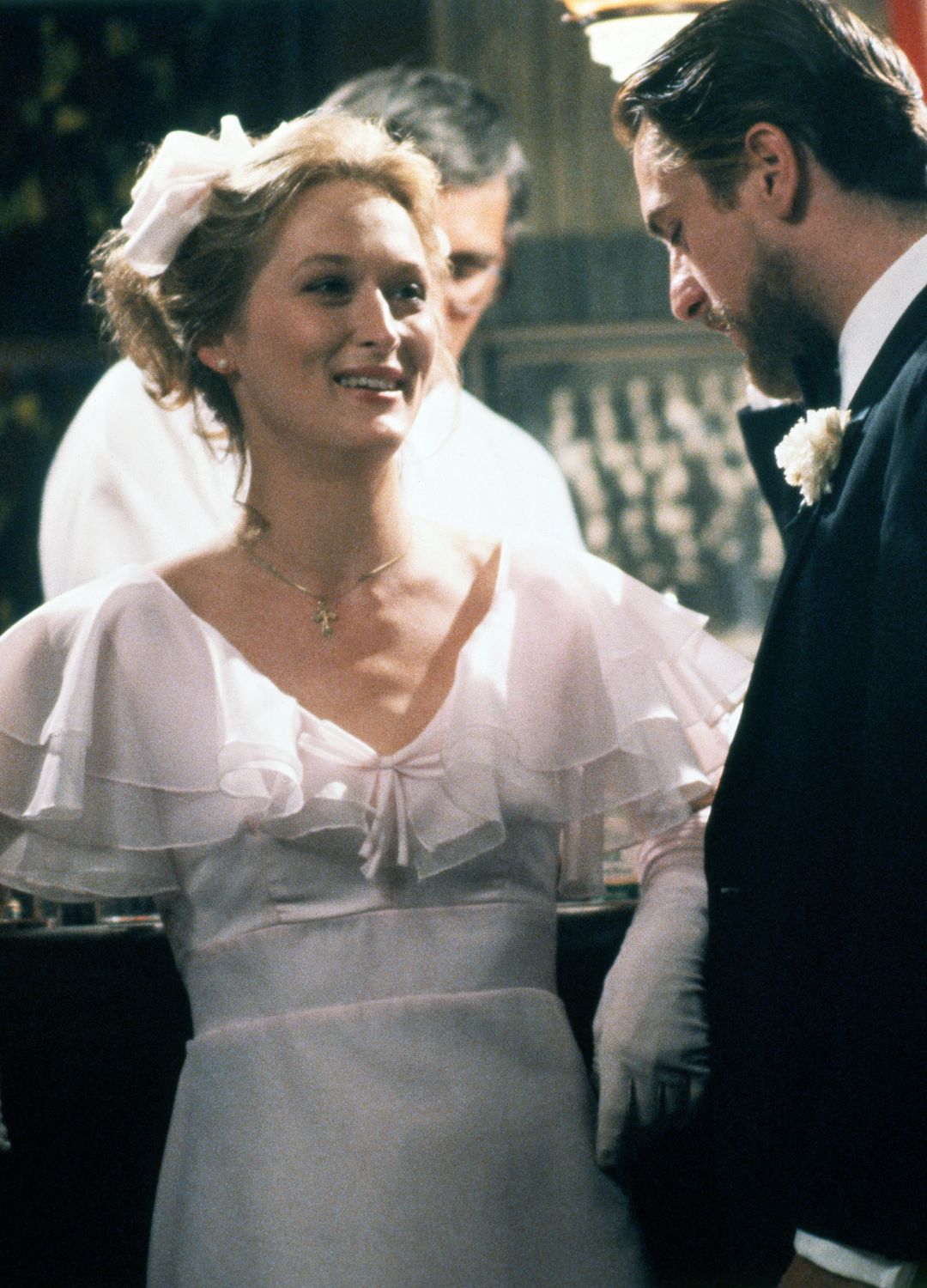
In the same vein as gritty, violent war films of the decade such as Apocalypse Now, The Deer Hunter is a three-hour-long epic film featuring Robert DeNiro, Christopher Walken, Meryl Streep and John Cazale. Cazale, who died just after the film wrapped, is the only actor to have had every film he starred in nominated for the Best Picture Academy Award; Streep, his girlfriend at the time, was reportedly cast as a ‘stock girlfriend’ in the film so she could be with him in his final months during shooting. The film is considered one of the greatest of all time, and was nominated for nine Oscars.
One Flew Over Cuckoo’s Nest
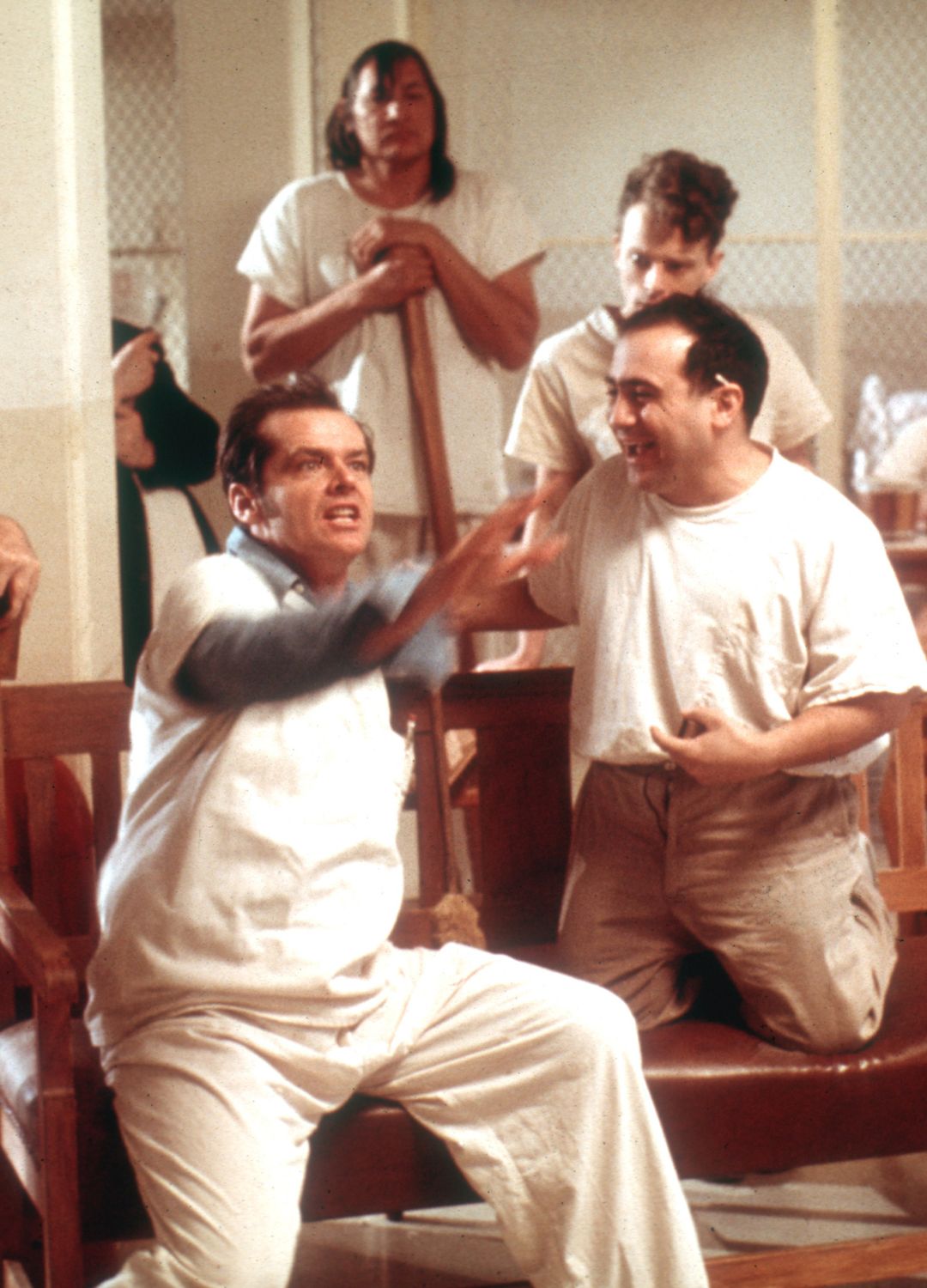
One Flew Over the Cuckoo’s Nest is a 1975 American drama film directed by Miloš Forman, starring Jack Nicholson as the protagonist and Louise Fletcher as Nurse Ratched - who was voted the fifth greatest villain in film history. Set in a mental institution, the film explores themes of individuality and freedom and was the second of only three films to win the ‘big five’ Academy Awards: Best Picture, Best Director, Best Screenplay, Best Actor and Best Actress.
Alien
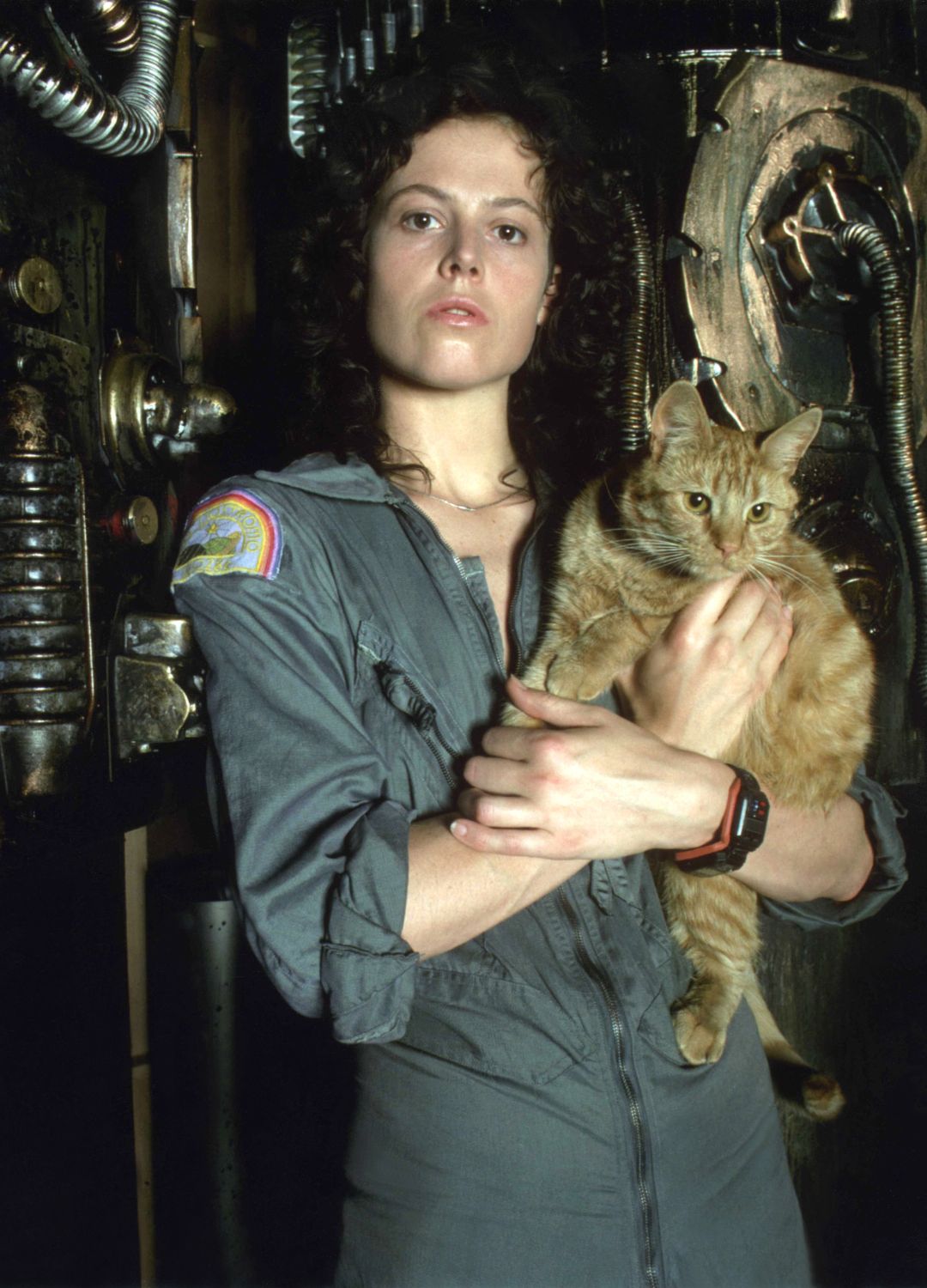
The first in a franchise that spawned plenty of remakes, prequels and sequels, 1979’s Alien is still considered the best in the series. The 1979 science fiction horror film, directed by Ridley Scott and starring Sigourney Weaver, John Hurt and Ian Holm, was one of the highest-grossing of the decade and frequently cited as one of the greatest and most influential sci-fi movies of all time, with Weaver’s Ripley character becoming an iconic pop culture figure.
Saturday Night Fever
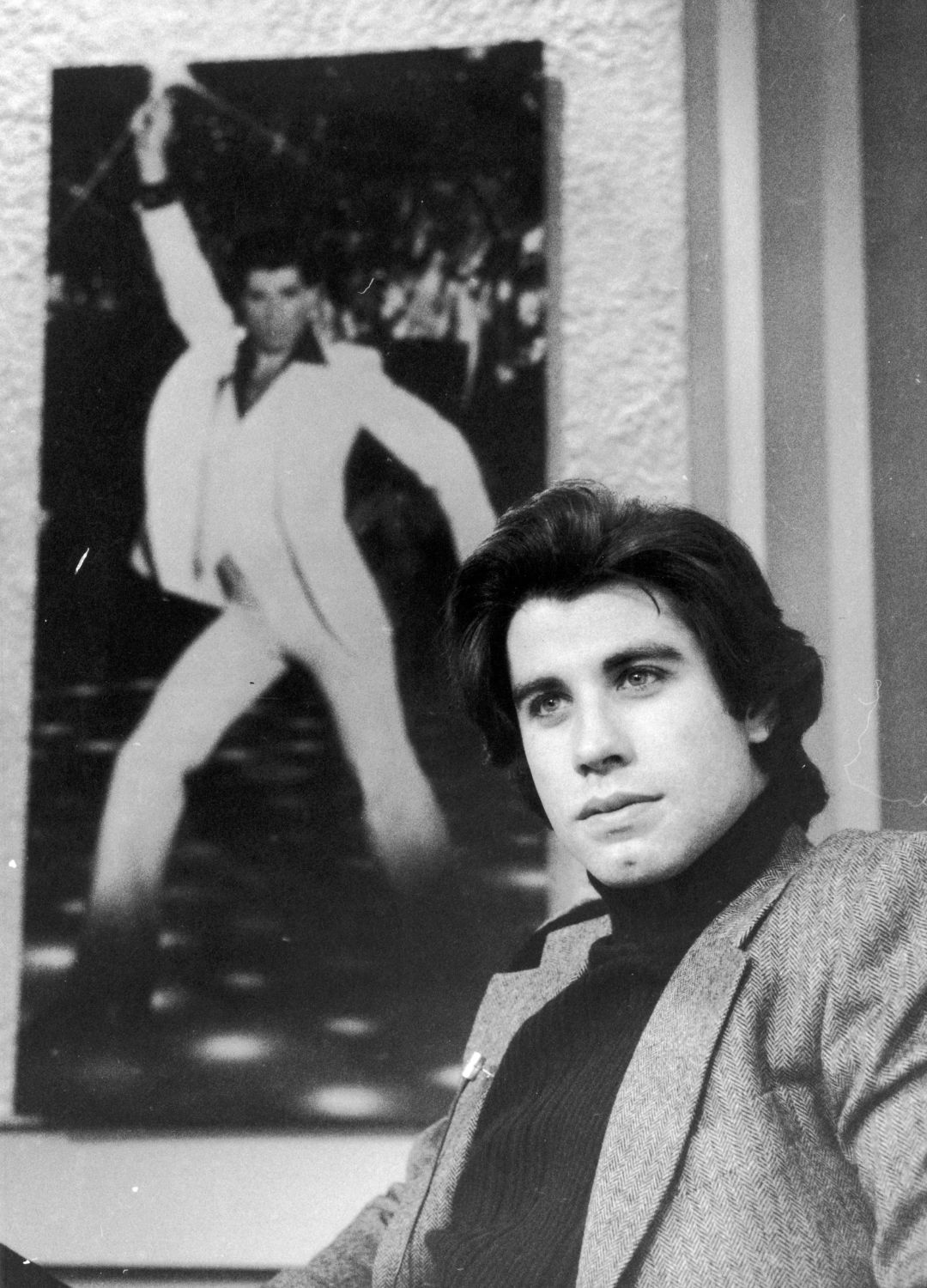
Just one year before the release of Grease, Saturday Night Fever put a young John Travolta on the map and catapulted him into stardom. His performance also earned him an Academy Award nomination for Best Actor, making him the fourth-youngest nominee at the time. The film's soundtrack, featuring music by the Bee Gees, became one of the best-selling soundtracks of all time.
Apocalypse Now
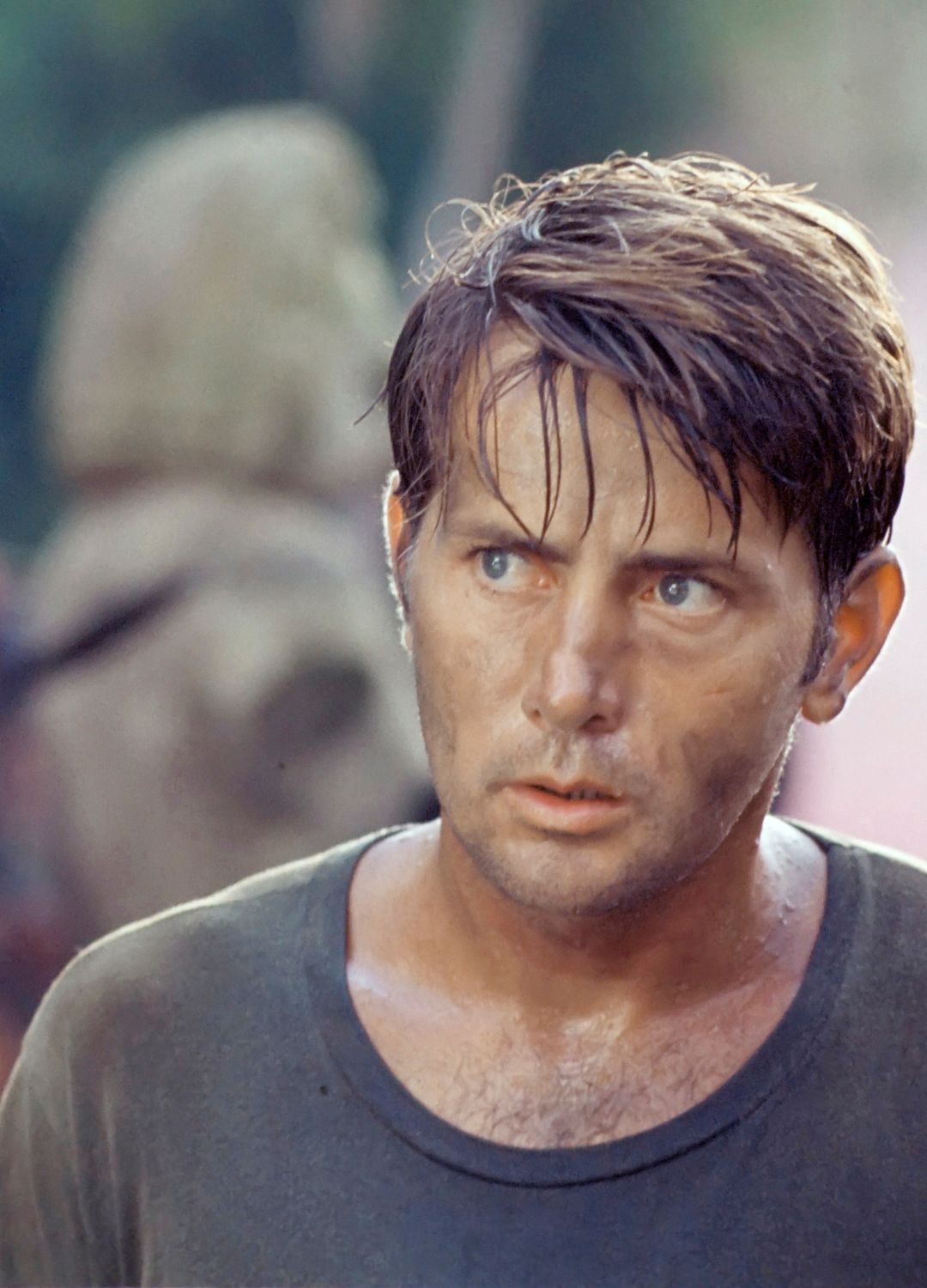
Apocalypse Now is easily one of the most well-known war films of all time. Set during the Vietnam War, the production of the film was plagued with issues, and these complications, along with Marlon Brando’s iconic role as Colonel Kurtz (who only had 15 minutes of screen time in the film’s two-and-a-half-hour run), and the popularity of certain lines in the script, have contributed towards its status as one of the most influential films ever made.
Eraserhead
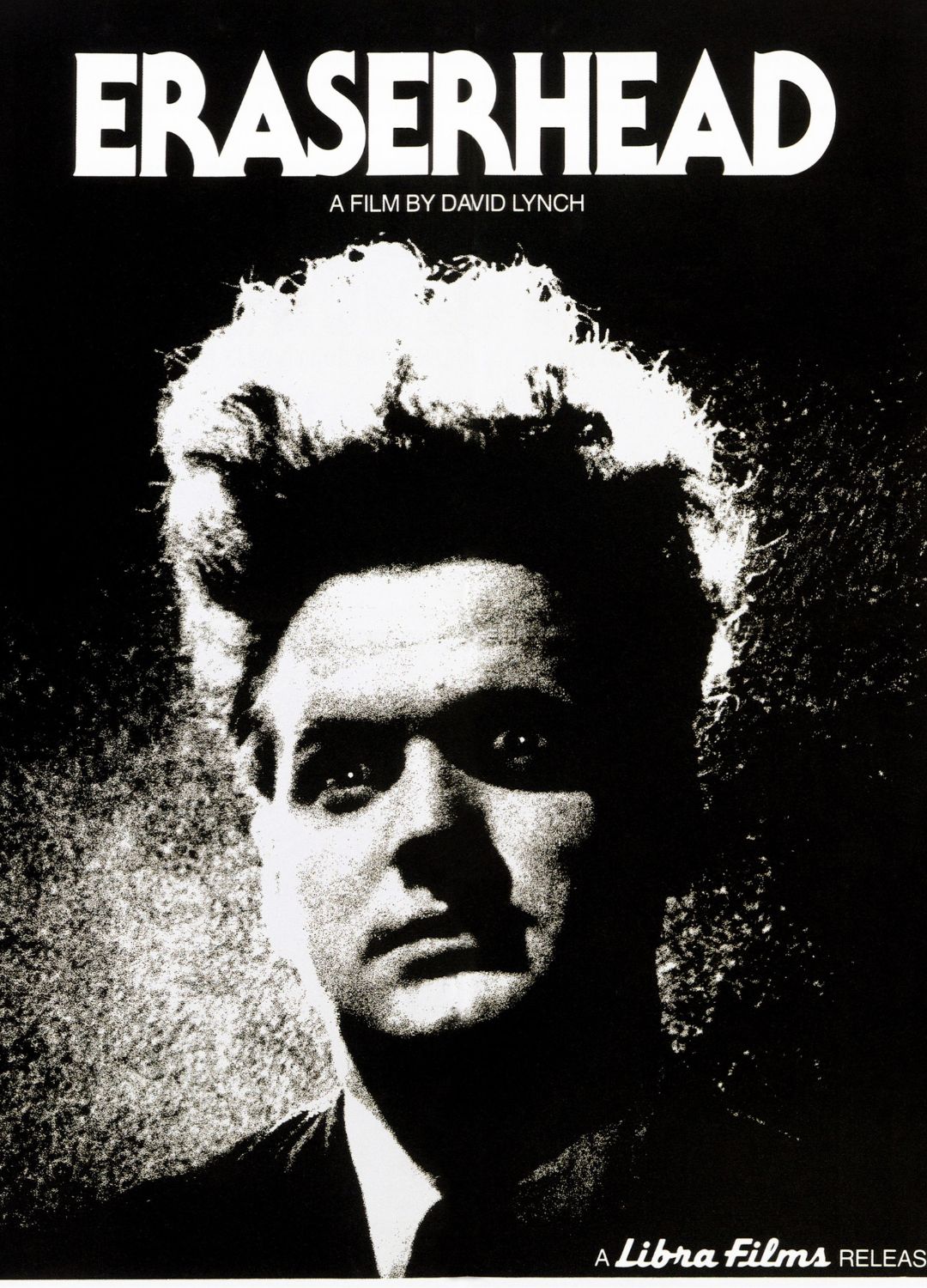
David Lynch’s directorial debut Eraserhead, released in 1977, was initially only seen by 25 people on its opening night. However, the film is now considered a cult movie and one of Lynch’s best; Stanley Kubrick reportedly loved the film so much that he screened it for the cast and crew of The Shining in order to put them in the right headspace. Lynch’s unique style, which would later be seen in hit films and TV shows like The Elephant Man, Mulholland Drive, Blue Velvet and Twin Peaks, is clear in this avant-garde debut, which took five years to produce.
The Spy Who Loved Me
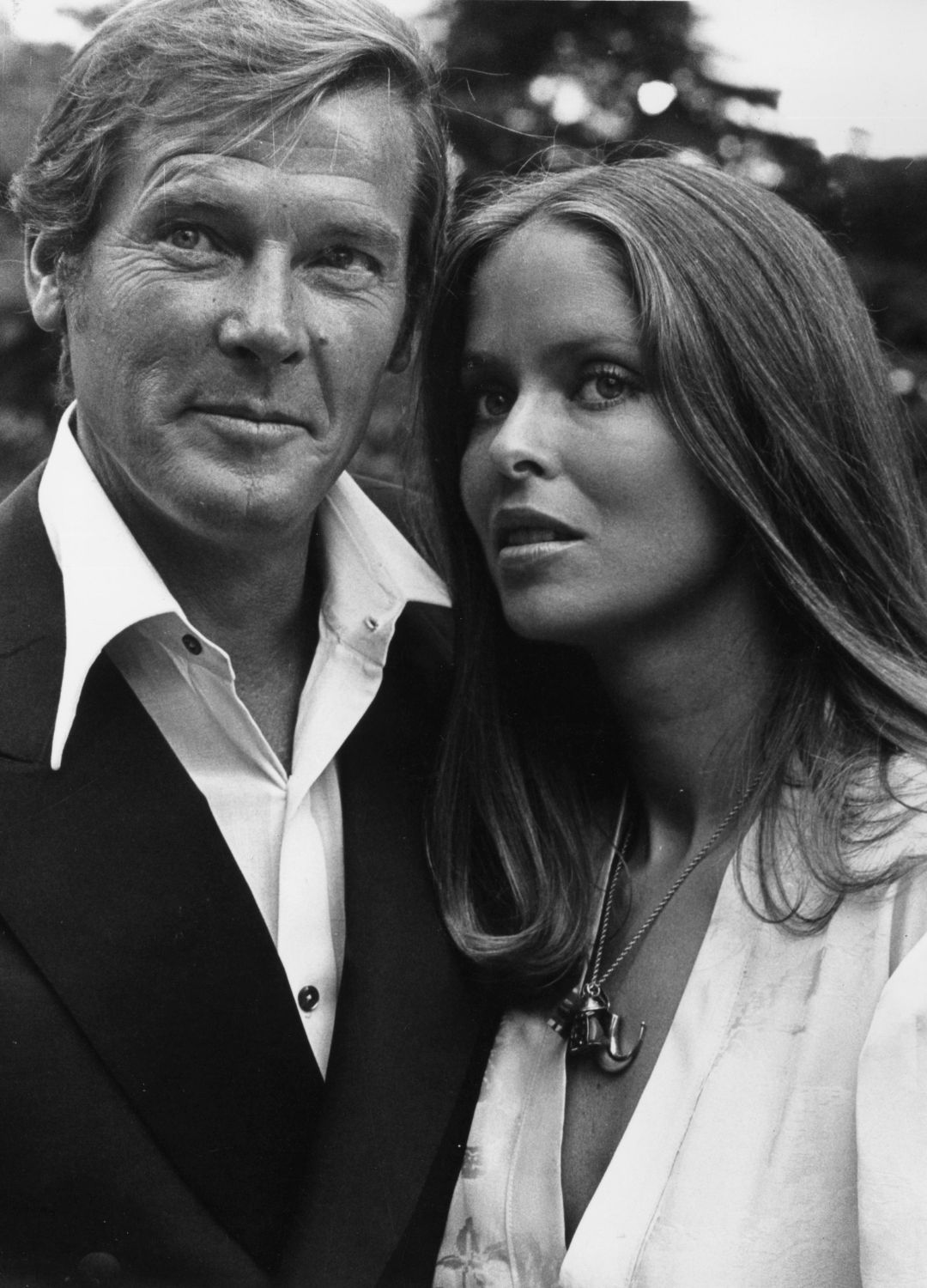
Before actors such as Daniel Craig and Pierce Brosnan took on the role of the iconic Mi6 agent James Bond, The Spy Who Loved Me featured Roger Moore in the lead role. The film was the production company’s highest-grossing film at the time, and is widely considered to be the best instalment featuring Moore, and one of the best Bond films.
Taxi Driver
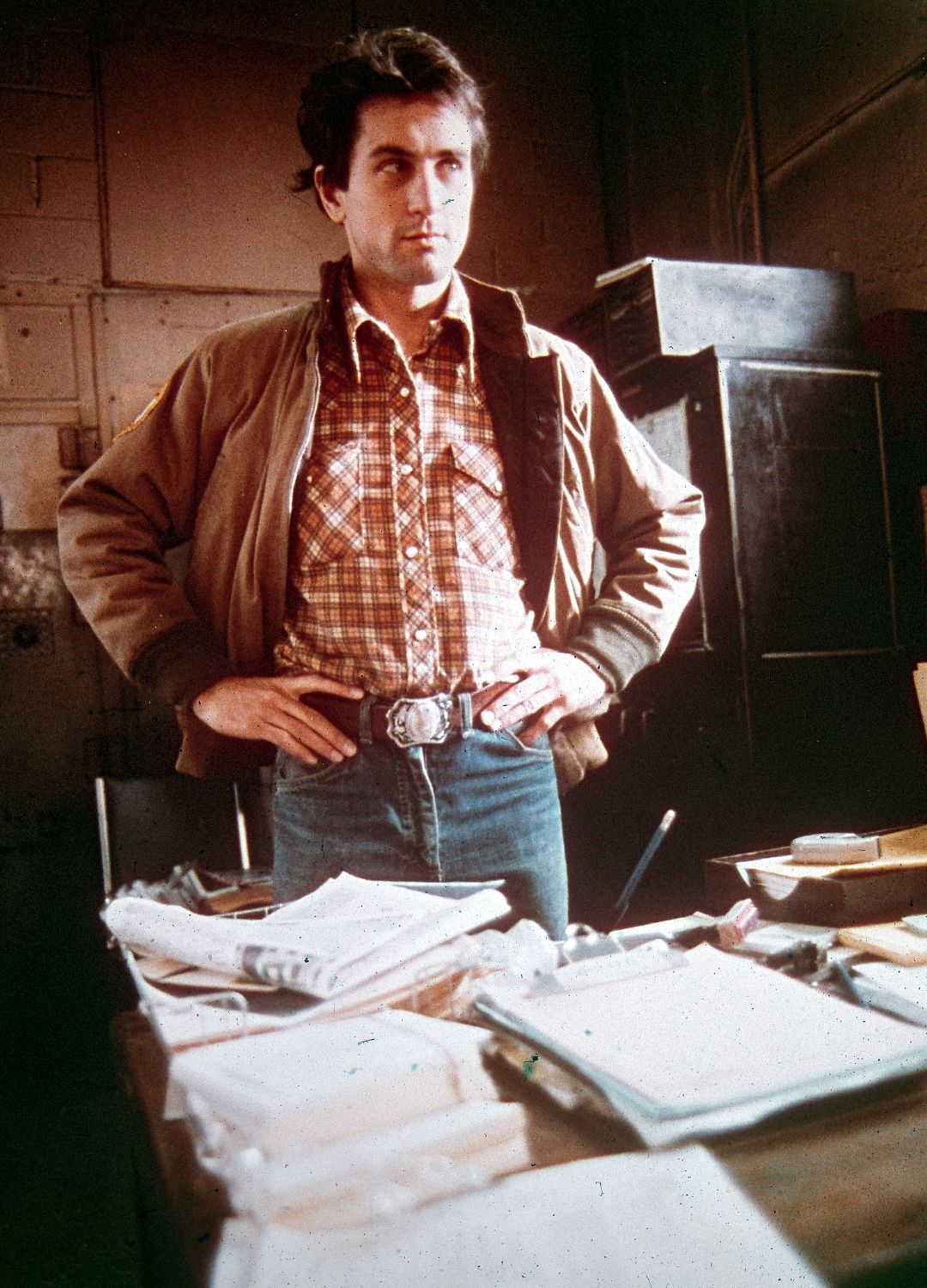
One of the defining films of the New Hollywood era, Taxi Driver, with its grimy grittiness and anti-hero protagonist, was the first Martin Scorsese film to receive universal acclaim and fame and kickstarted a decades-long collaboration with star Robert DeNiro. For her controversial role, then-12-year-old Jodie Foster was nominated for her first Academy Award, and has said that the advice she received from mentor DeNiro - whose line in the film, “You talkin’ to me?”, would become one of the most famous movie quotes of all time - is partly responsible for the longevity of her impressive career.
Annie Hall
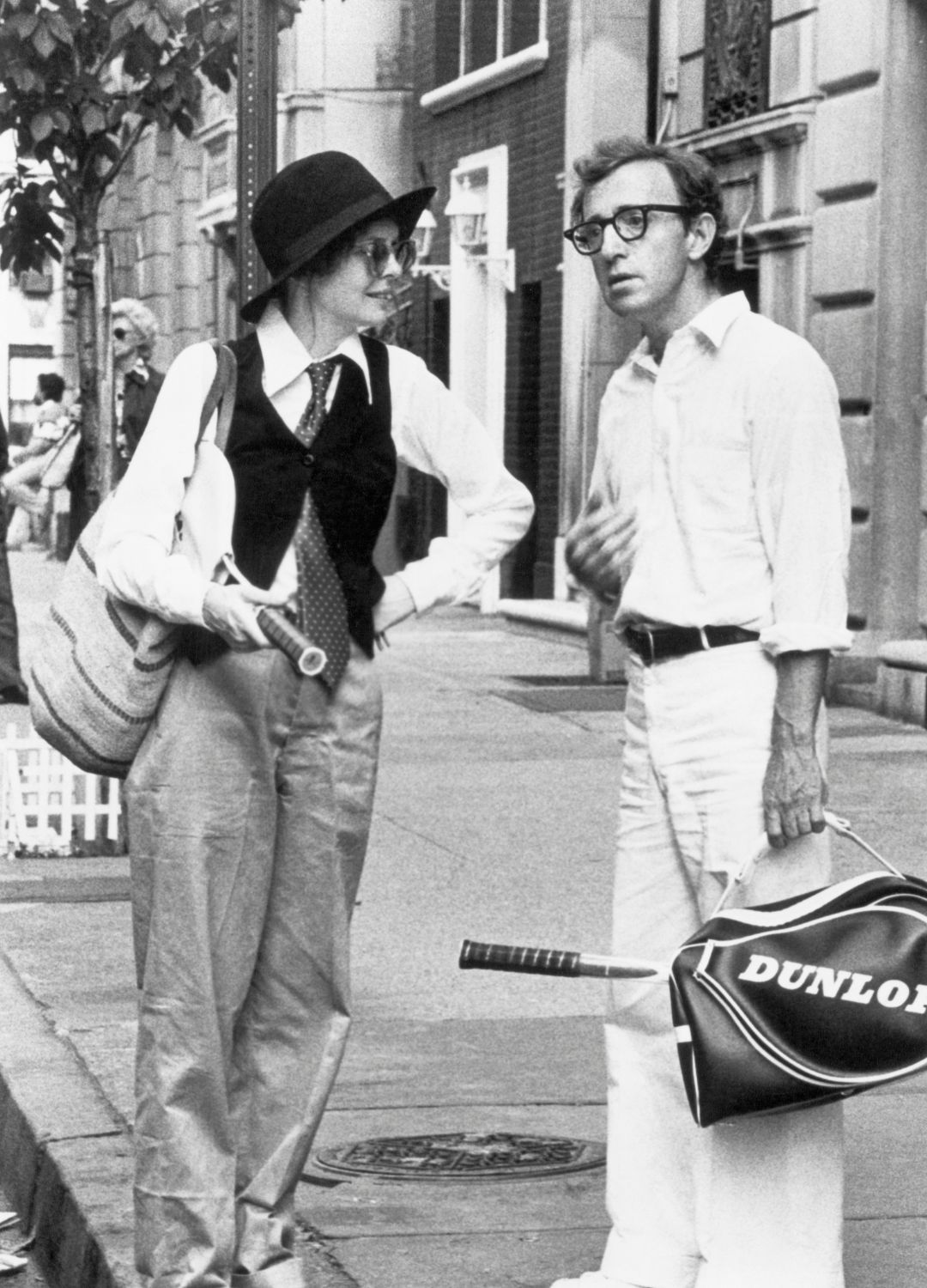
Annie Hall was a defining film of the 1970s and is widely regarded as one of the best comedy films of all time. Woody Allen’s film, starring himself, and Diane Keaton in the titular role, was nominated for the ‘Big Five’ Academy Awards, winning four, and its influence can be seen in later romantic films like When Harry Met Sally and 500 Days of Summer. Keaton’s androgynous style as Annie Hall, which consisted of trouser suits, oversized shirts and men’s clothing, had a huge impact on women’s style choices after the film’s release.
Monty Python and the Holy Grail
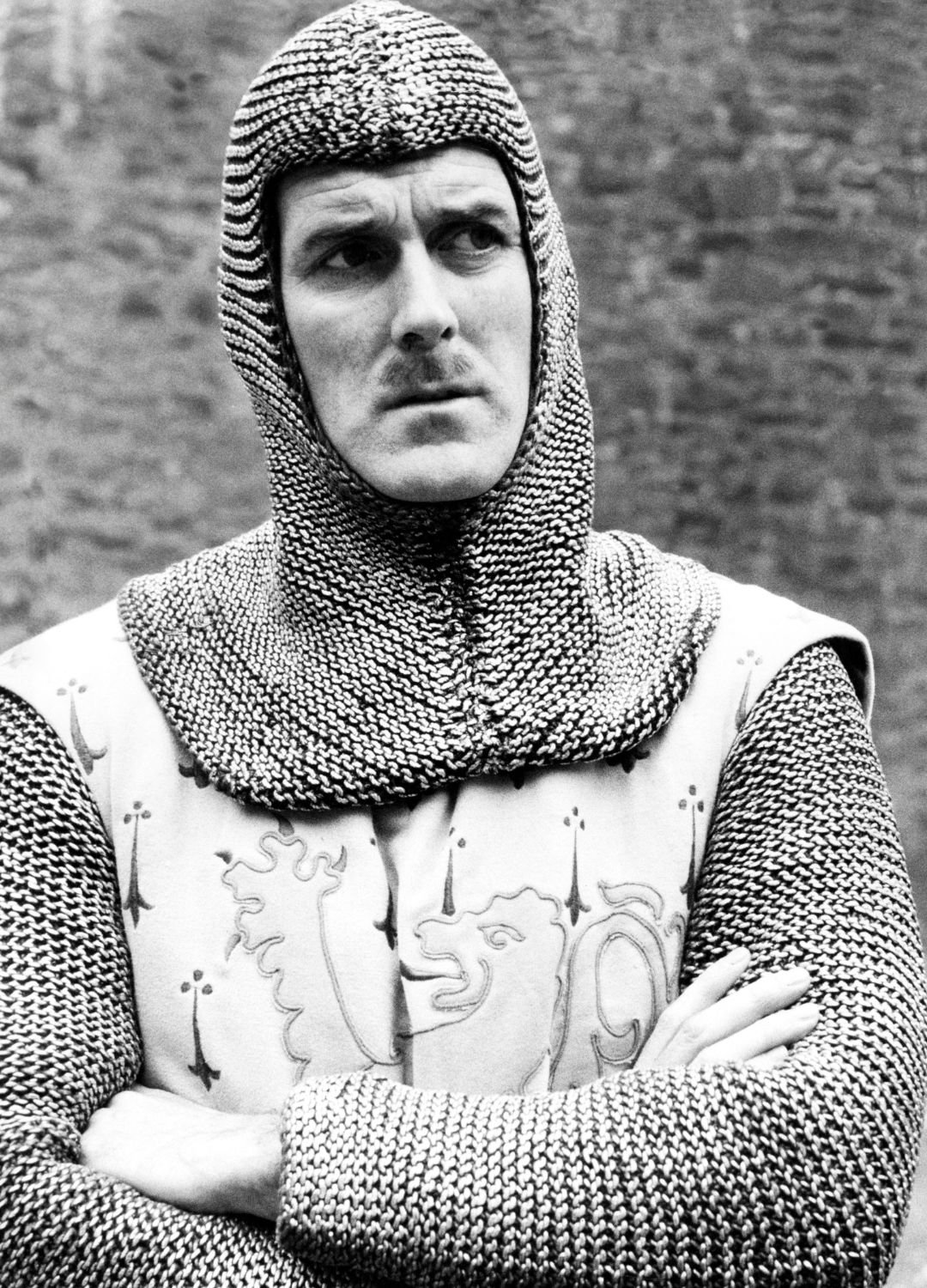
John Cleese is now probably best known for his title role and creation of the sitcom Fawlty Towers, but his Monty Python films are also amongst his most loved. The 1975 film, which parodies King Arthur’s quest to find the Holy Grail, continues to be celebrated as a classic of British comedy and satire. Its success paved the way for future collaborations and projects by the Monty Python team, including their subsequent film Life of Brian. Holy Grail's blend of absurdity, satire, and clever wordplay has influenced generations of comedians and filmmakers.
Chinatown
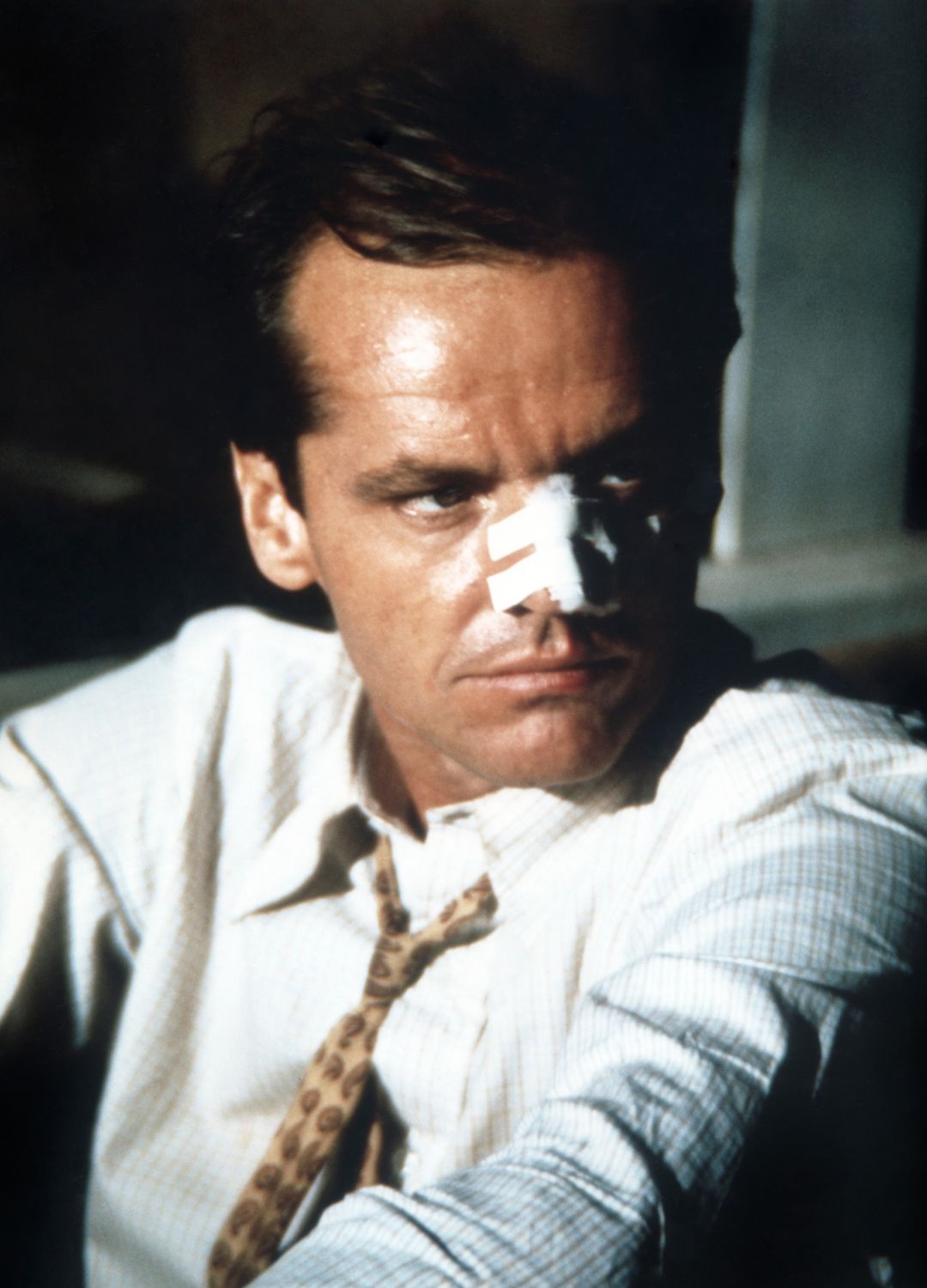
Roman Polanski’s Chinatown, starring Jack Nicholson and Faye Dunaway, is considered a masterpiece of the modern film noir genre and is frequently cited as one of the greatest films ever made. Its influence has extended across numerous genres and generations of filmmakers. As part of the New Hollywood movement that favoured creativity, grittiness and stylistic filming choices, Chinatown was nominated for 11 Academy Awards, winning one for Best Original Screenplay.
Star Wars: Episode IV - A New Hope
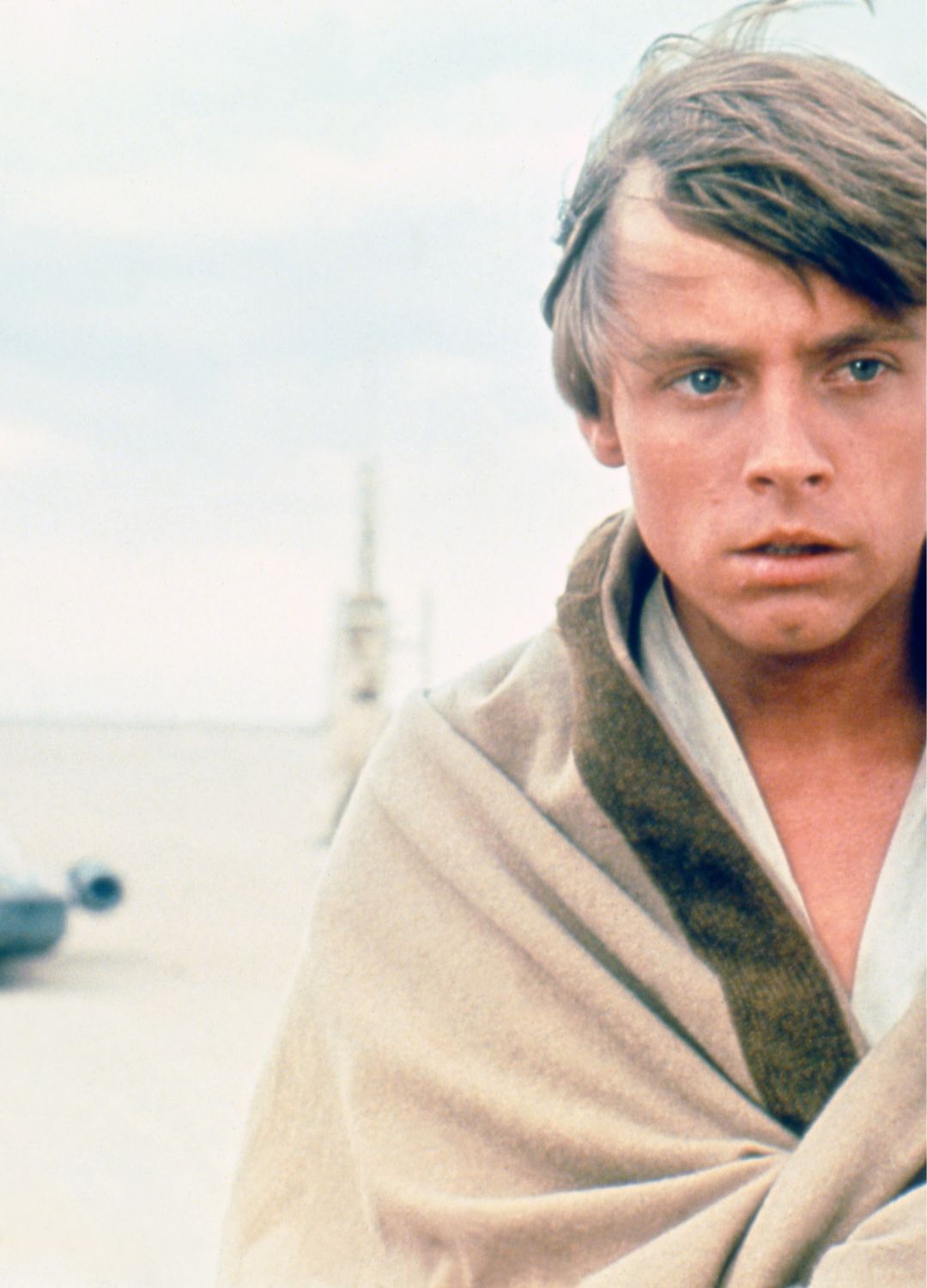
As the third highest-grossing film franchise of all time, it’s hard to overstate how much impact Star Wars has had on the film industry - an undeniable precursor to the indomitable success of the Marvel Cinematic Universe. Starring now-legendary actors like Carrie Fisher, Harrison Ford and Mark Hamill, the first instalment of the series revolutionised the film industry with its special effects and use of sound and established a new era of blockbuster filmmaking and merchandising.
Key parts of the film, such as the opening crawl, the concept of ‘the force’, and iconic characters like Darth Vader, Han Solo, and Princess Leia, have become ingrained in popular culture.
A Clockwork Orange
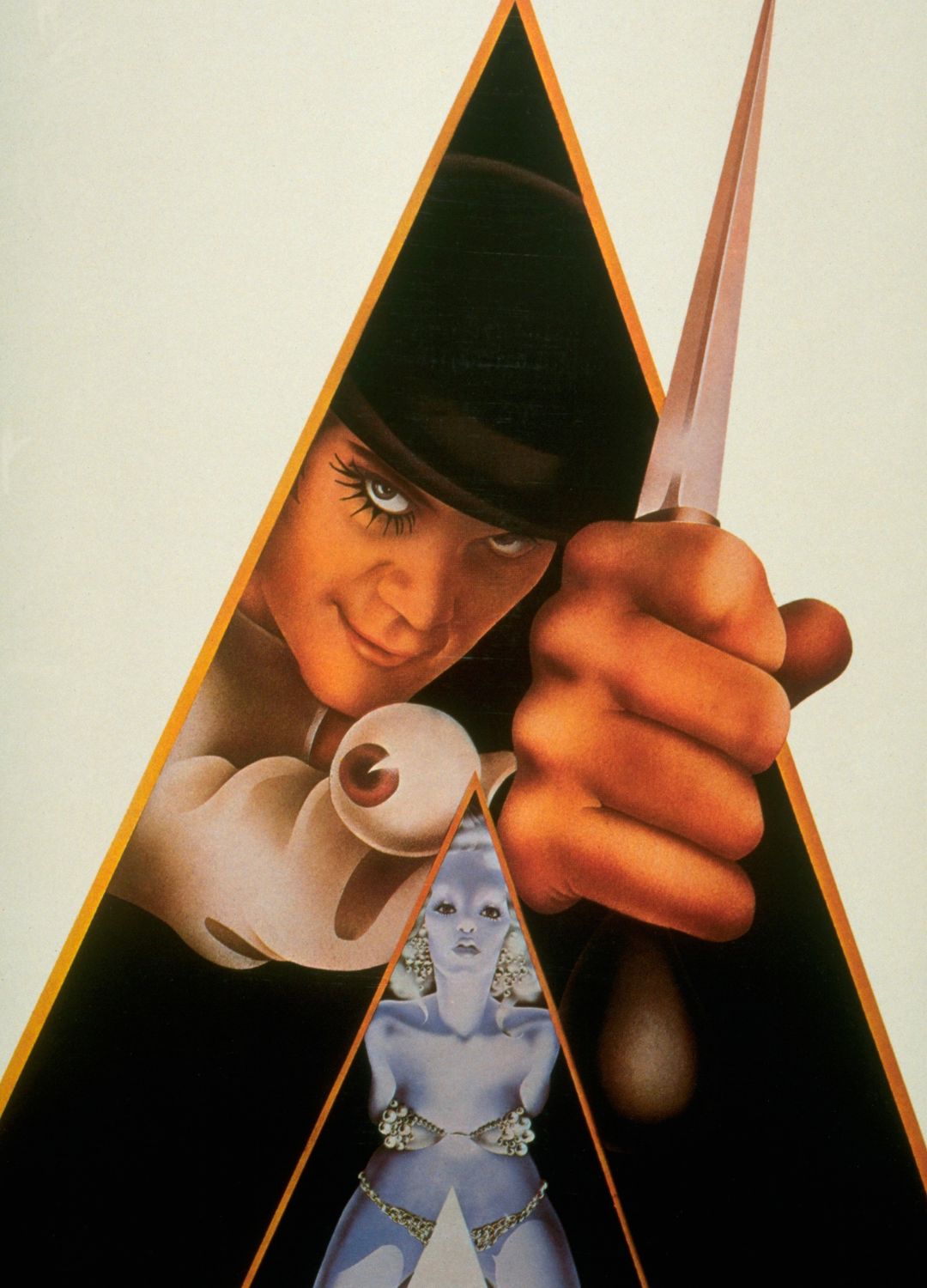
A Clockwork Orange is a cult film directed by Stanley Kubrick, though upon its release it was extremely controversial and often banned or censored. Due to its iconic quotes, costuming and soundtrack, it is frequently studied in film courses and continues to be a subject of critical analysis and debate, cementing its place as a landmark work in Stanley Kubrick's filmography and in cinematic history overall.
Alice Doesn’t Live Here Anymore
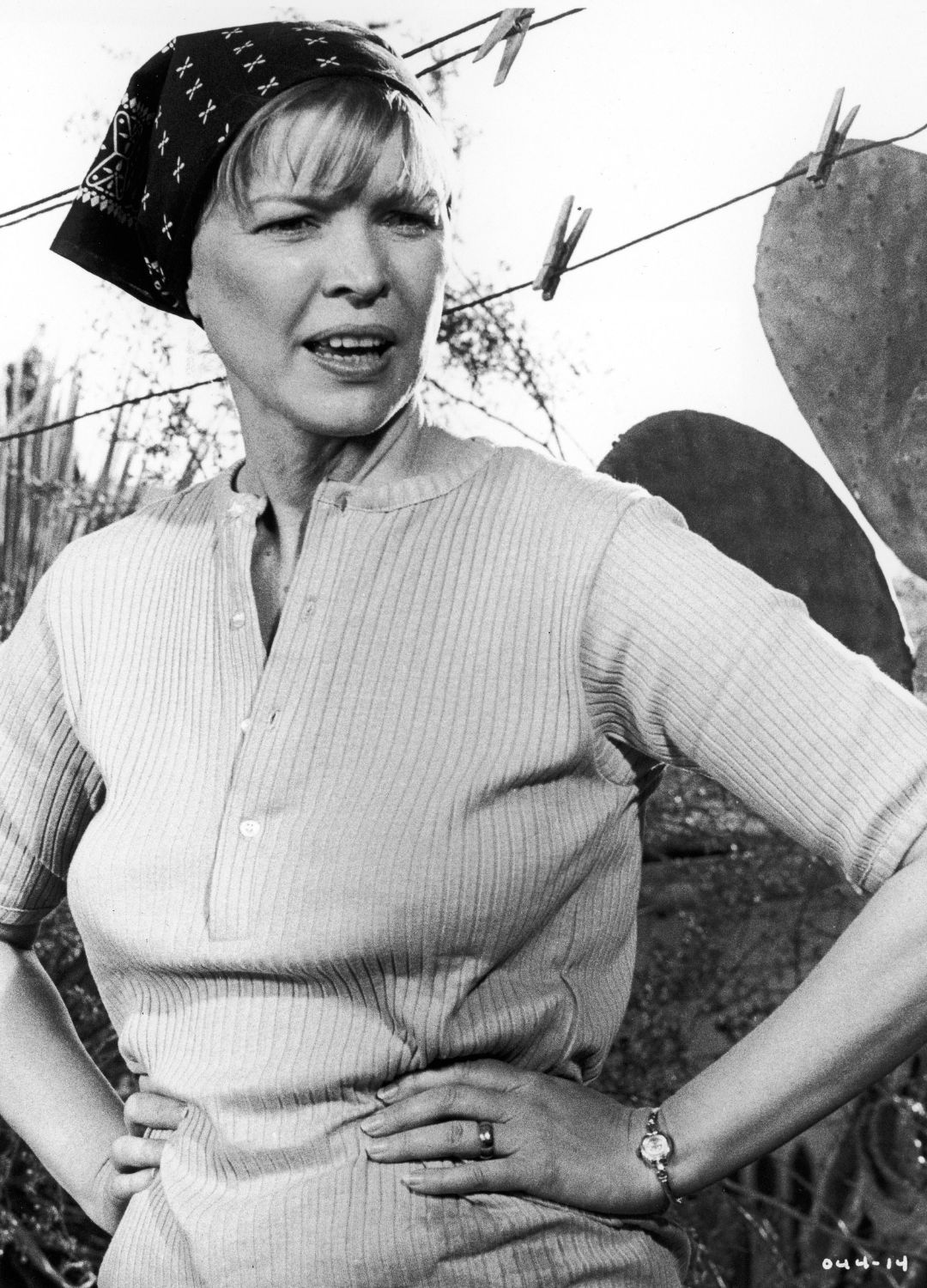
Though a significant departure from director Martin Scorsese’s often hypermasculine and violence-filled style, his 1974 film Alice Doesn’t Live Here Anymore is considered a landmark in his career, showcasing his ability to handle intimate, character-driven stories with sensitivity and depth. Ellen Burstyn's performance, for which she won the Best Actress Academy Award, is widely regarded as one of her best, and the film is praised for its honest depiction of a woman's struggle for independence and empowerment in a male-dominated society.
The Wicker Man
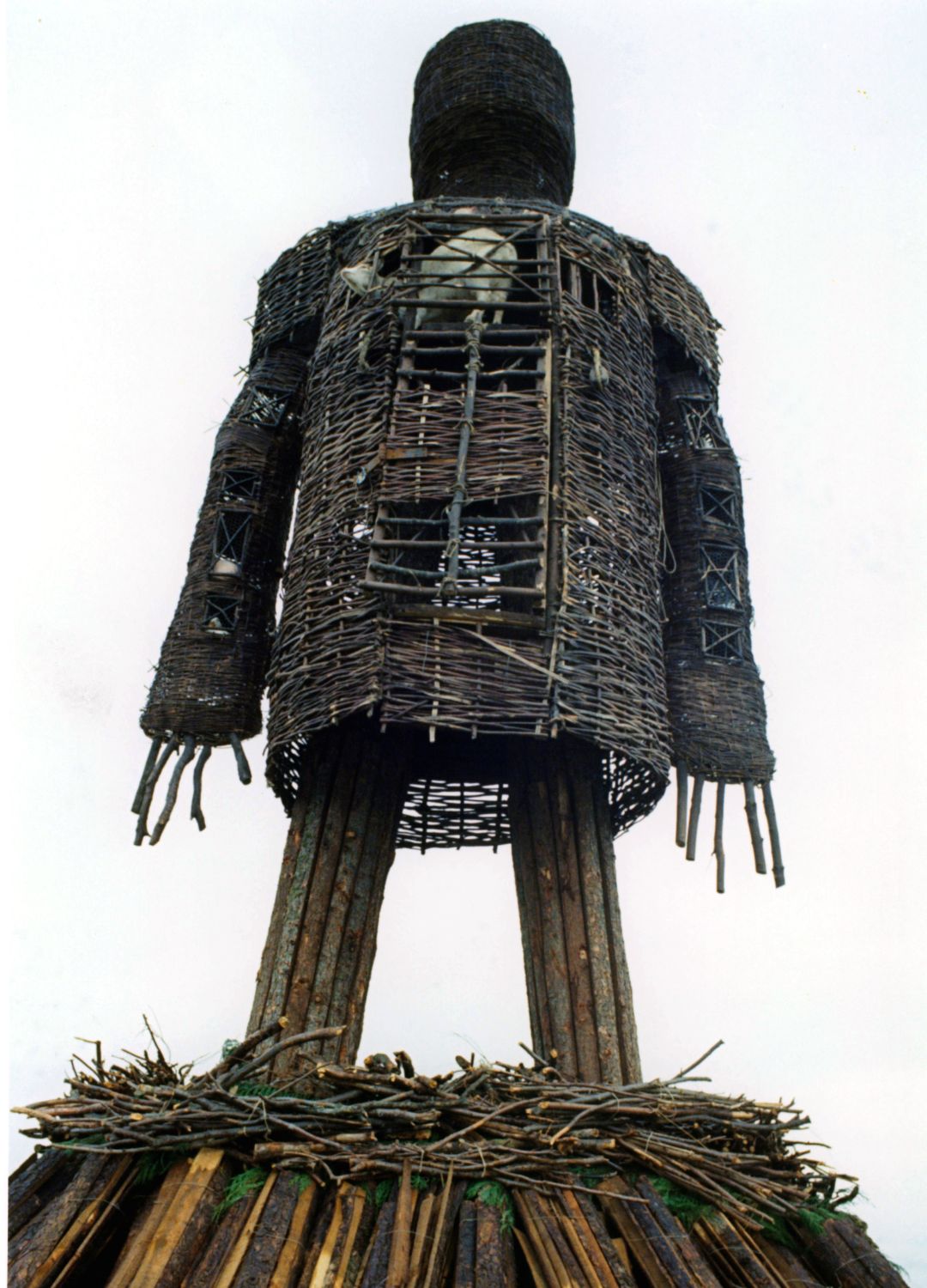
The folk horror classic The Wicker Man was a landmark of 1970s horror, along with Carrie, The Exorcist, The Last House on the Left and Texas Chainsaw Massacre. However, instead of opting for graphic violence, The Wicker Man builds its tension slowly, as out-of-town police detective Howie finds out more about the cult-like community in a Scottish village. Now a cult (pardon the pun) classic, The Wicker Man is considered a staple of British cinema and a seminal work in the horror genre, and its influence is clear in recent horrors such as Midsommar and The Witch.
Love Story
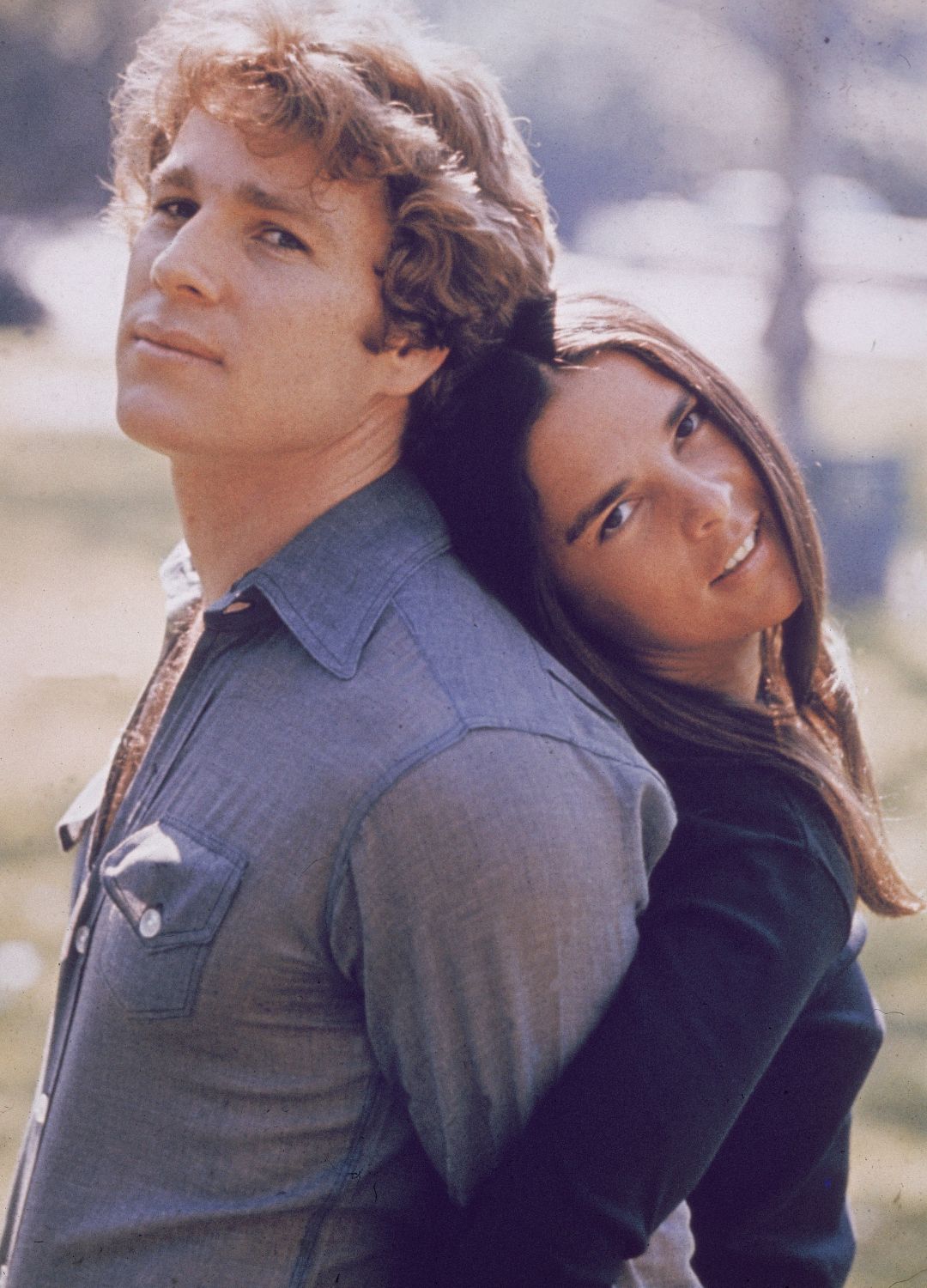
Starring Ali MacGraw and Ryan O’Neal, this famous romantic film features one of the most well-known and oft-parodied movie quotes, which comes in at number 13 on the American Film Institute’s ‘100 Movie Quotes’ list: “Love means never having to say you’re sorry”.
Love Story follows a relationship between two young students, and instantly became a box office hit; it remains one of the highest-grossing films of all time. The film’s protagonist, Jennifer, is even said to be responsible for a spike in the use of the name during the 70s and beyond, when Jennifer was the number one feminine baby name for 14 years.
The Omen
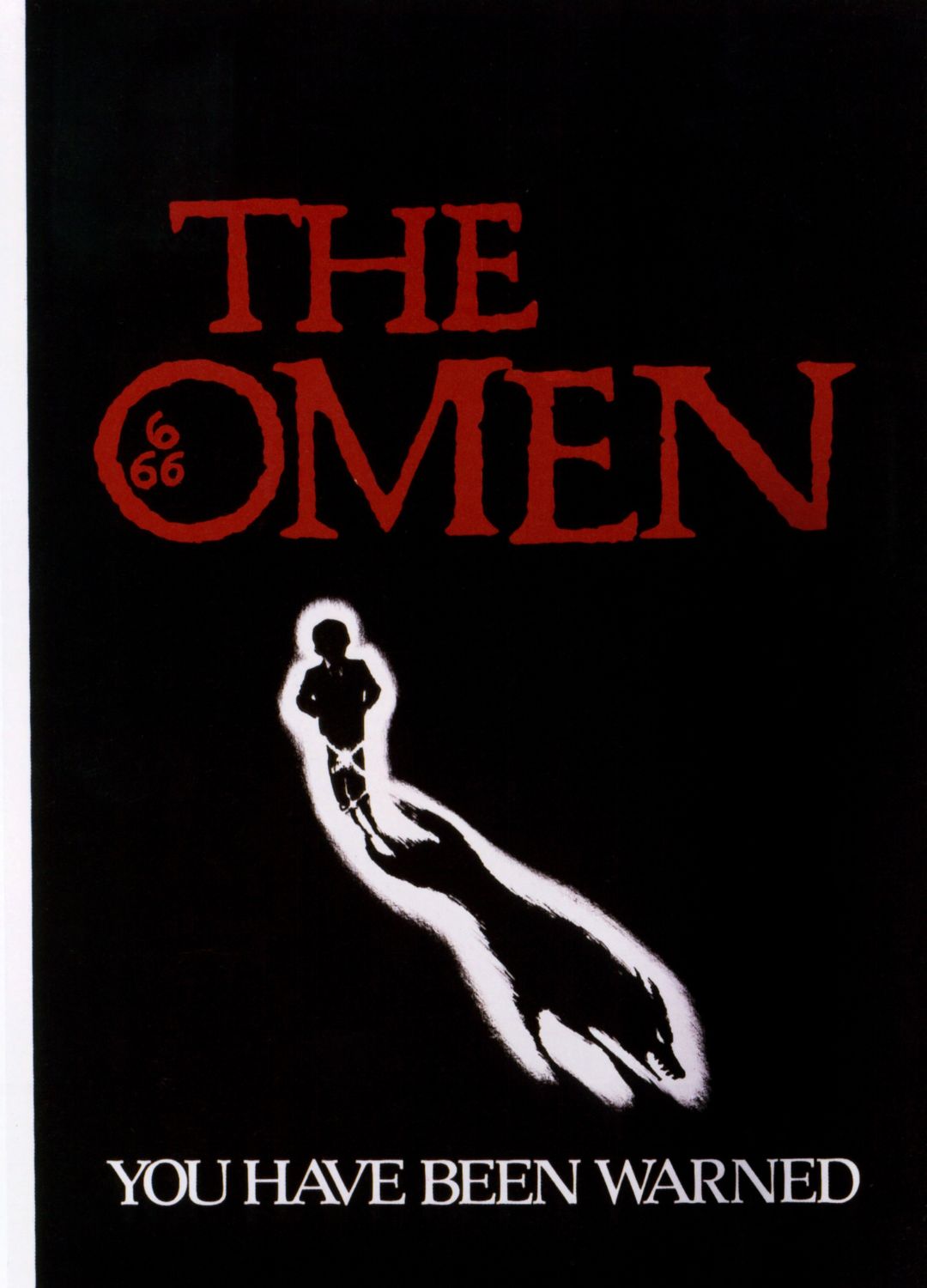
Though it was the sixth highest-grossing film of 1976 and spawned a popular franchise, the first Omen film was a critical flop, being the most recent film featured at the time in the book “The Fifty Worst Films of All Time”. Its retrospective reviews have been flattering, and the film is now thought of as an influential entry into the early horror canon that impacted the way ‘religious horror’ was made in the years after.
Carrie
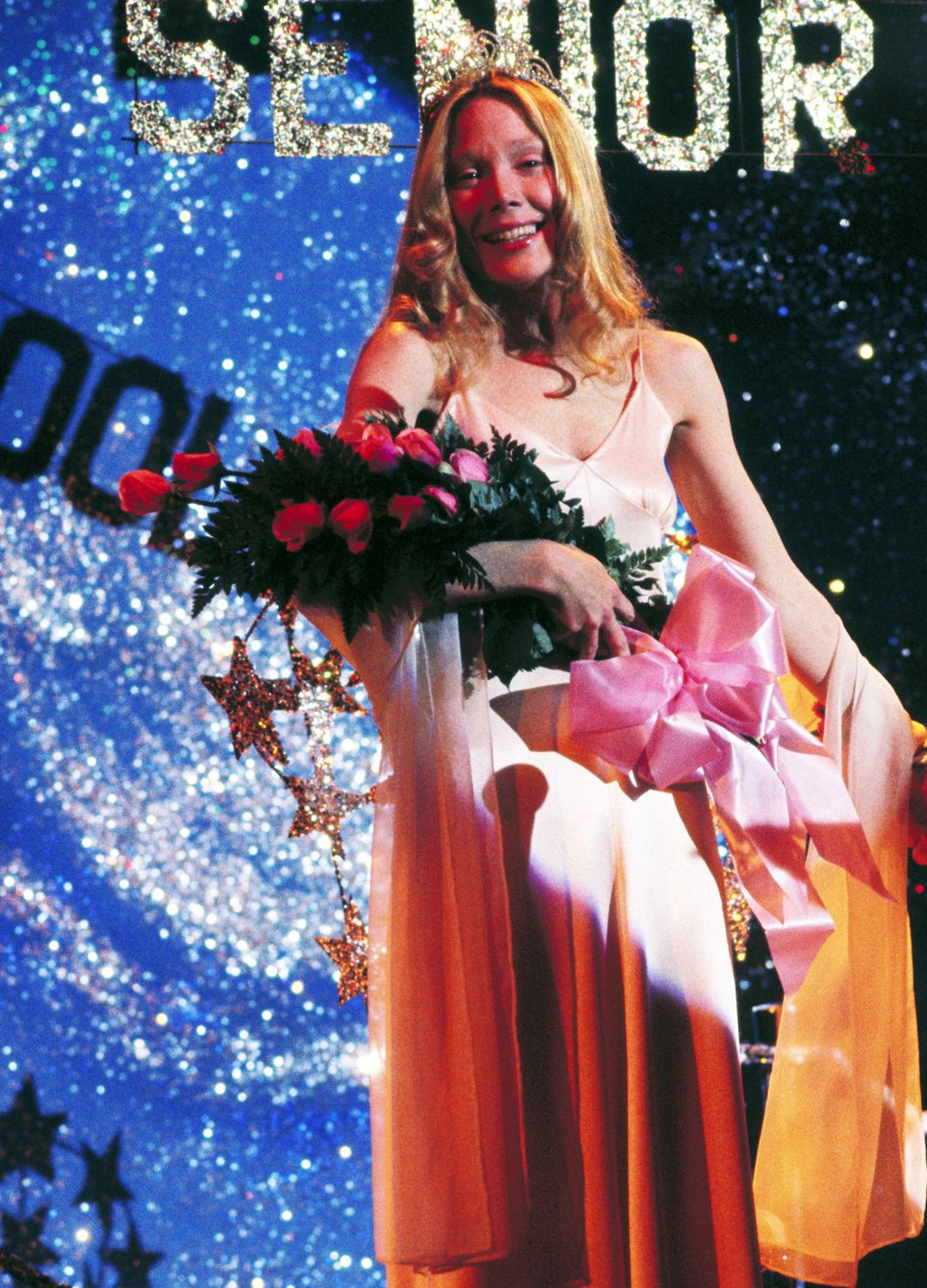
Based on the Stephen King debut novel of the same name, Brian De Palma’s Carrie is considered one of the greatest and most influential horror films ever made. Grossing almost $34 million on a $1.8 million budget, De Palma’s adaptation was wildly successful and helped to further the careers of its star Sissy Spacek (who was nominated for a Best Actress Oscar) and John Travolta.
Superman
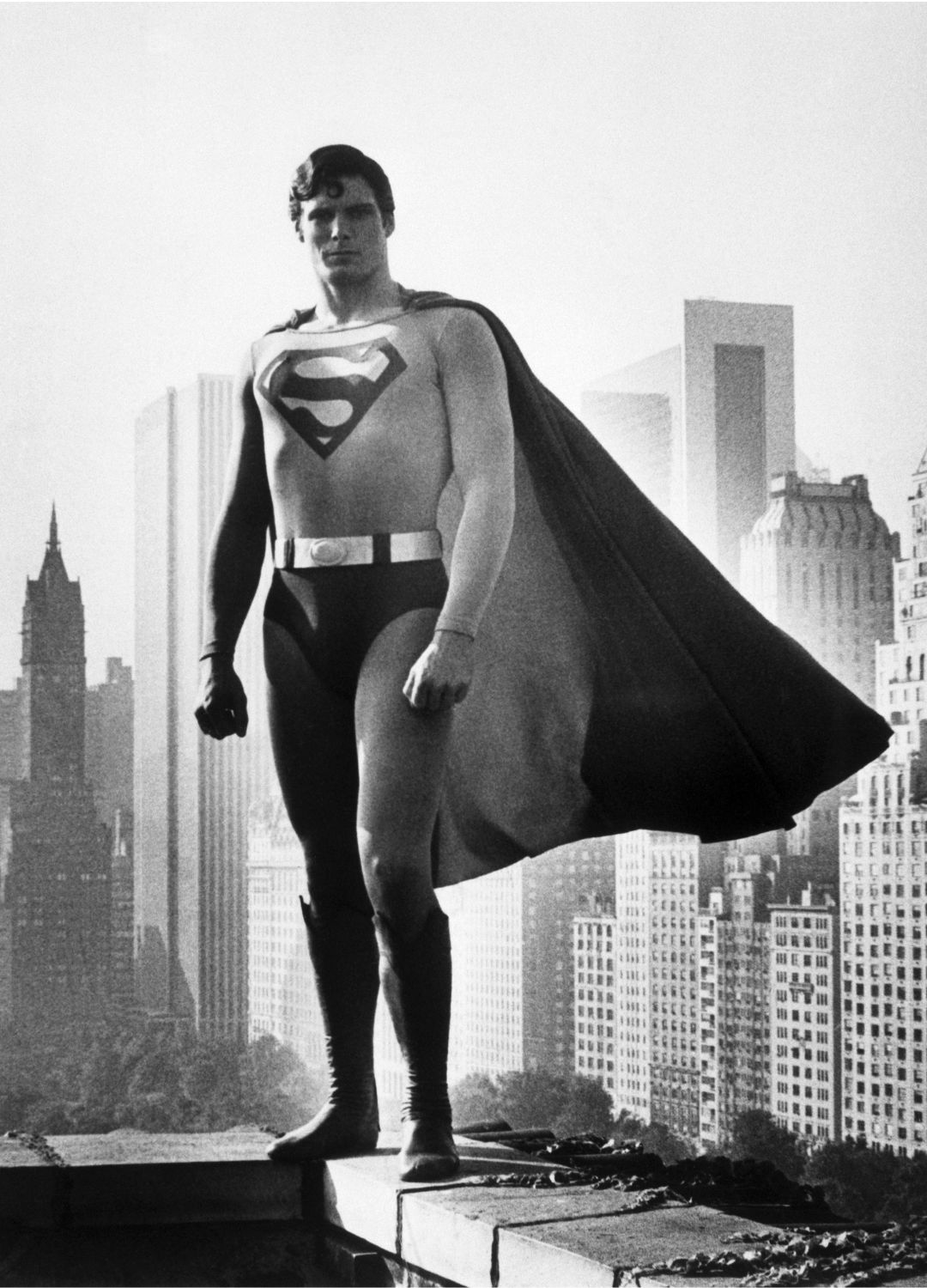
Though it was beaten by Grease as the highest-grossing film of 1978, coming in second, Superman was a huge commercial and critical success and was the most expensive film ever made up until that point. Led by Christopher Reeve, it went on to win a Special Achievement Academy Award for Visual Effects, its use of which was groundbreaking, and paved the way for the mass popularity of superhero films that would make up some of the most successful films of the 2010s.
Halloween
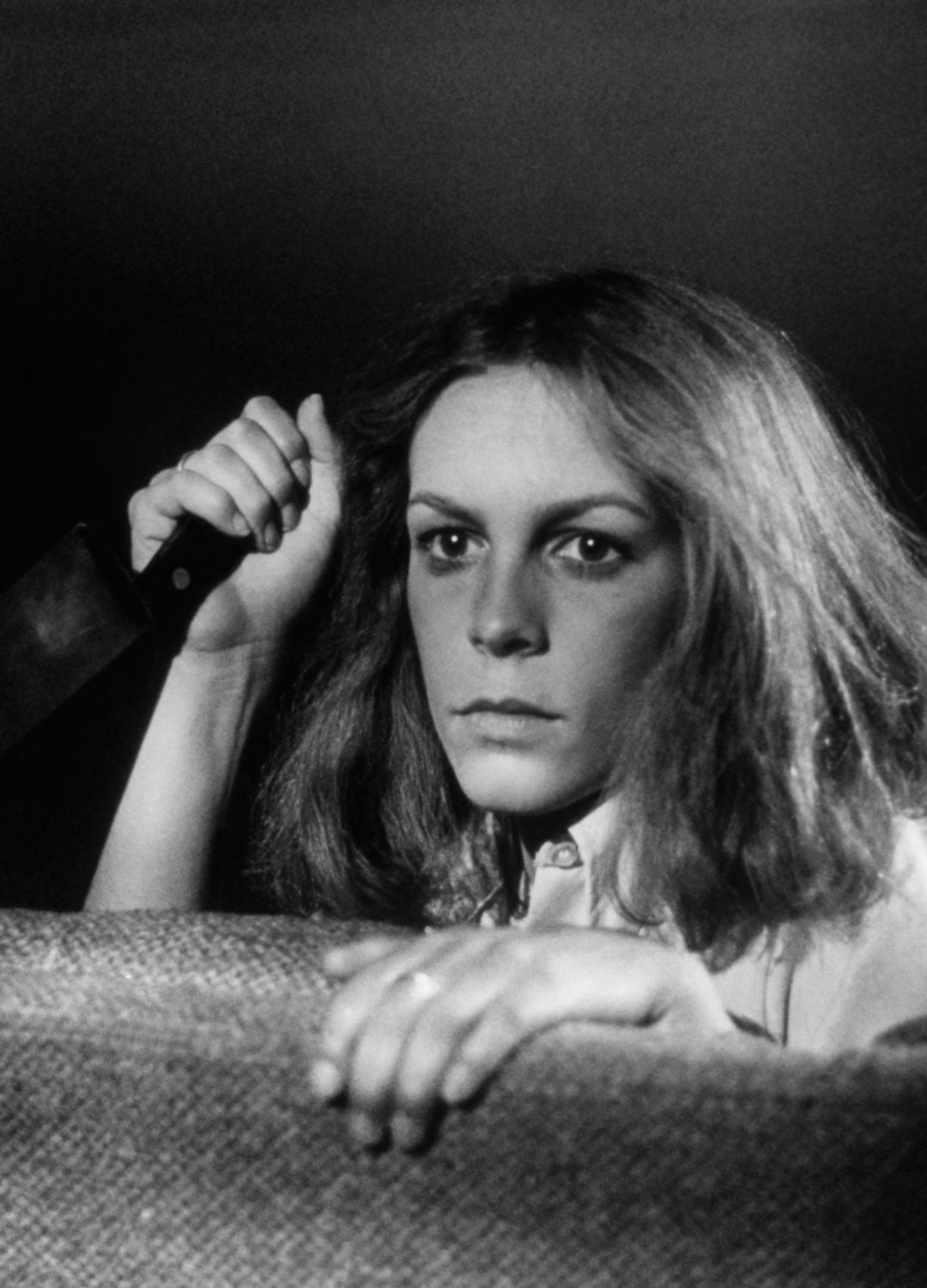
In the first Halloween film, released in 1978, Jamie Lee Curtis’s role as Laurie Strode cemented her status as one of the most iconic ‘final girls’, a term coined by Carol J Clover to describe the resourceful protagonist often at the centre of horror and slasher movies. With a budget of around $300,000, the film made $70 million at the box office, making it one of the most profitable independent films of all time, and a landmark for horror cinema.
Paper Moon
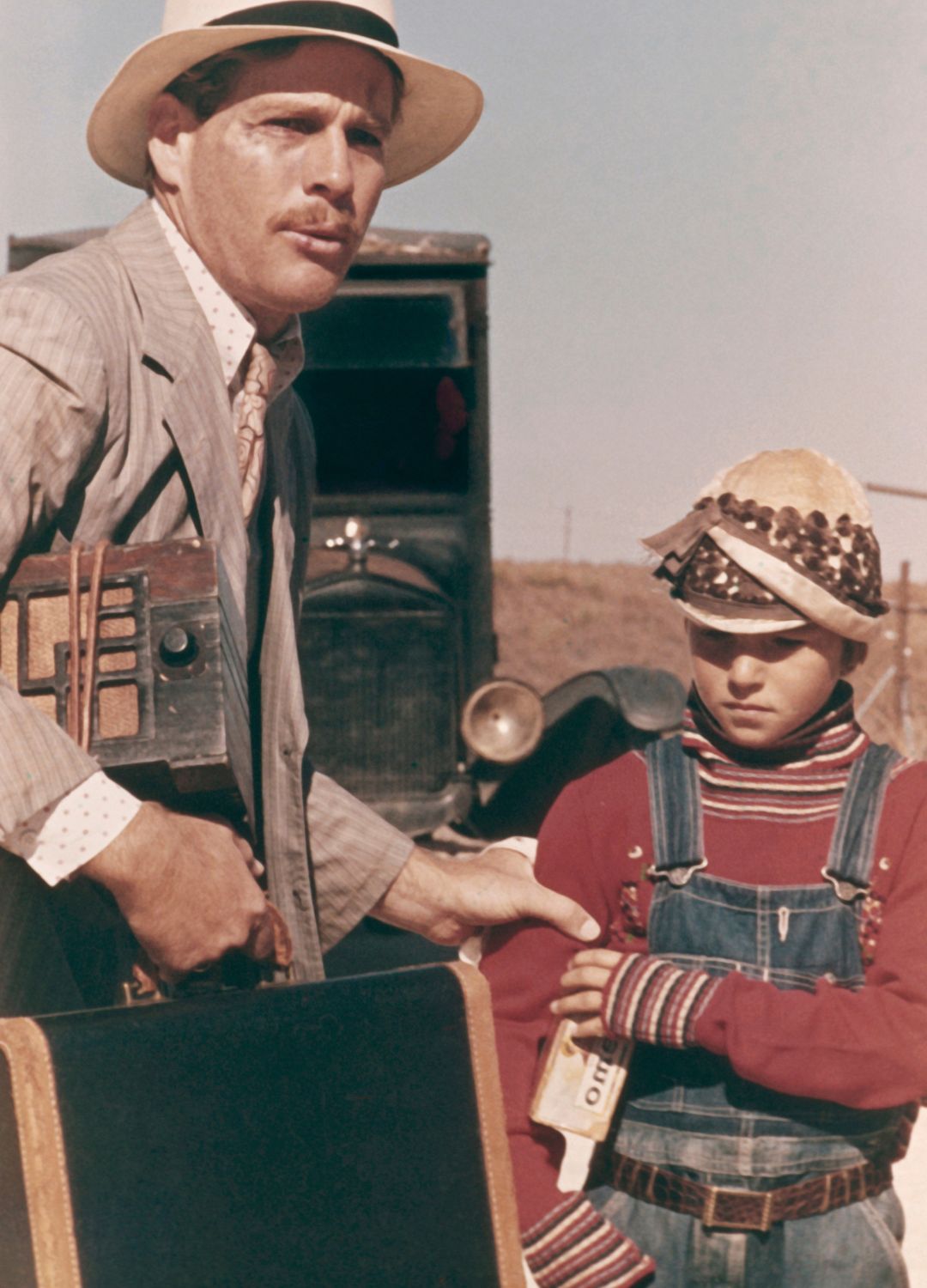
The real-life father-daughter duo of Ryan and Tatum O’Neal starred as the two protagonists in this black-and-white road movie, with Tatum O'Neal’s Academy Award win for Best Supporting Actress making her the youngest winner in the history of the awards. The film was widely praised by critics and loved by audiences, becoming one of the most influential films of the 70s.
Deliverance
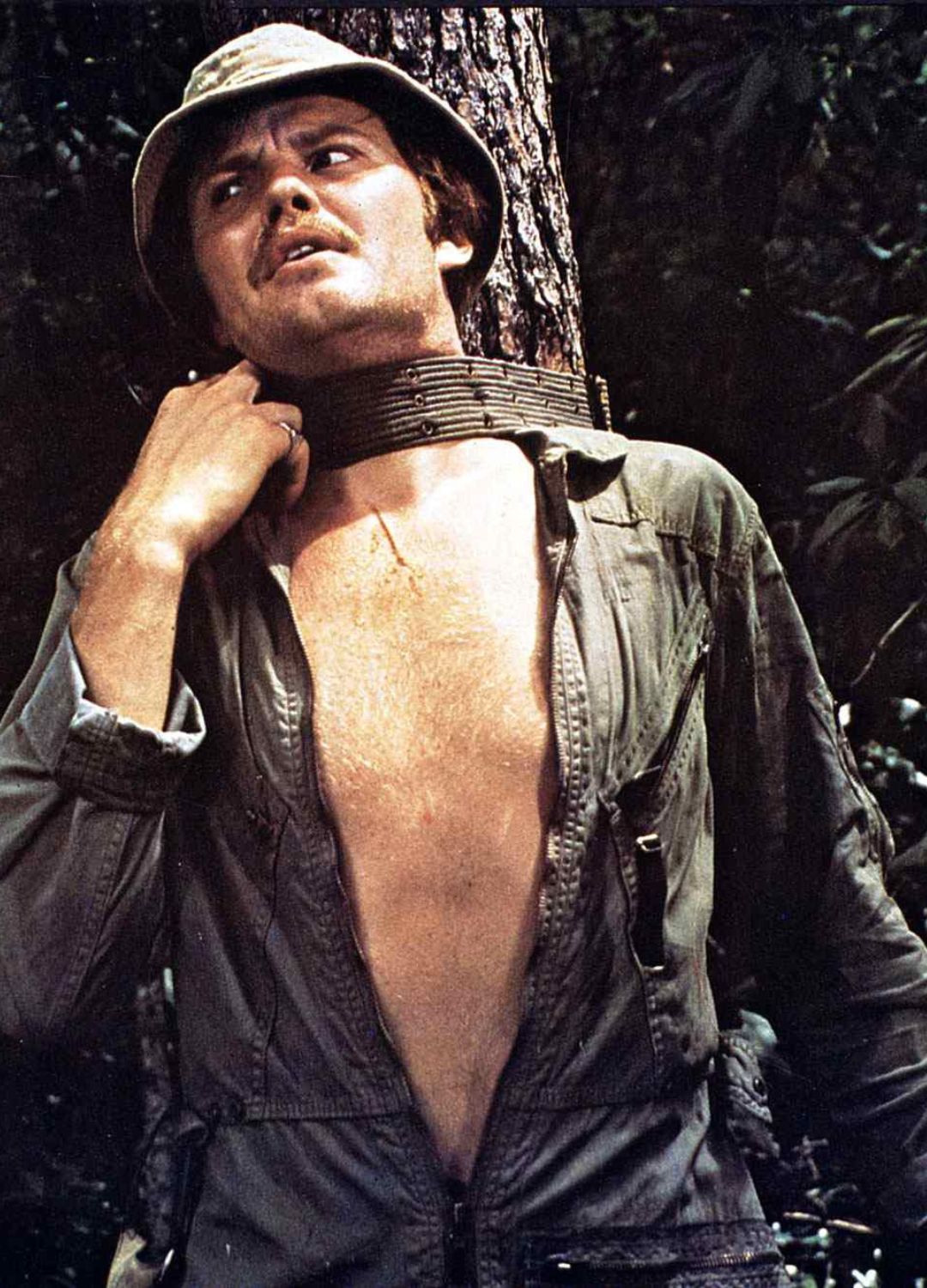
Starring Jon Voight and Burt Reynolds, Deliverance was an unexpected box office and critical success - the lack of funding from producers resulted in the actors infamously performing their own dangerous stunts, including canoeing down a river and climbing a cliff. Deliverance was the fifth highest-grossing film of 1972, won three Academy Awards nominations, and can be seen as an influence on later city-versus-country horrors, such as Midsommar and The Hills Have Eyes.
Enter the Dragon
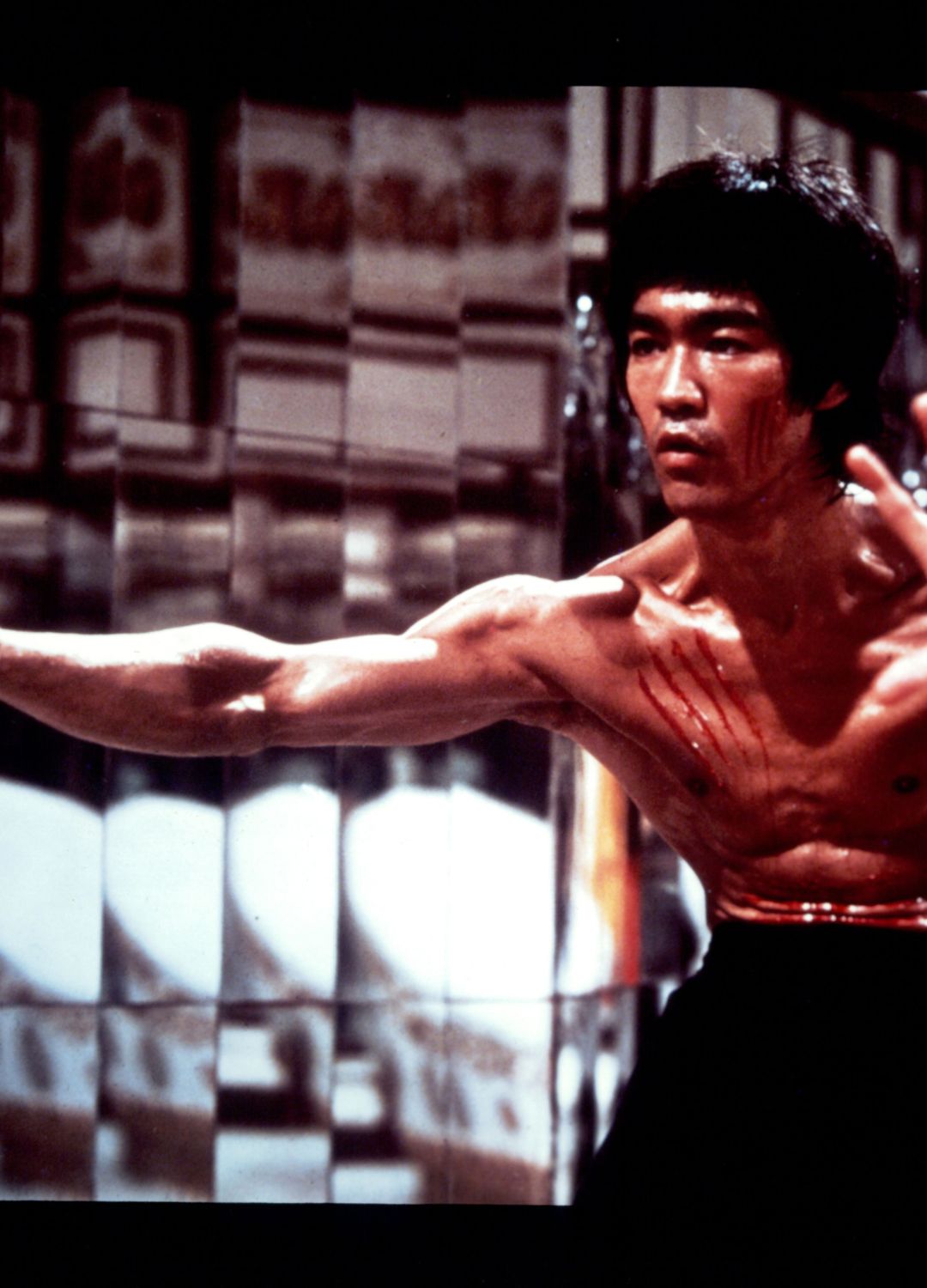
The most successful, and widely considered to be the best, martial arts film of all time, Enter the Dragon was released during a wave of similar films which reached a peak of popularity in the 1970s. Starring the iconic Bruce Lee, the action movie - which was the first kung fu film to be produced by a Hollywood studio - went on to influence shows like Takeshi’s Castle, the James Bond film franchise, the work of Tarantino and the Street Fighter video games.
The Rocky Horror Picture Show
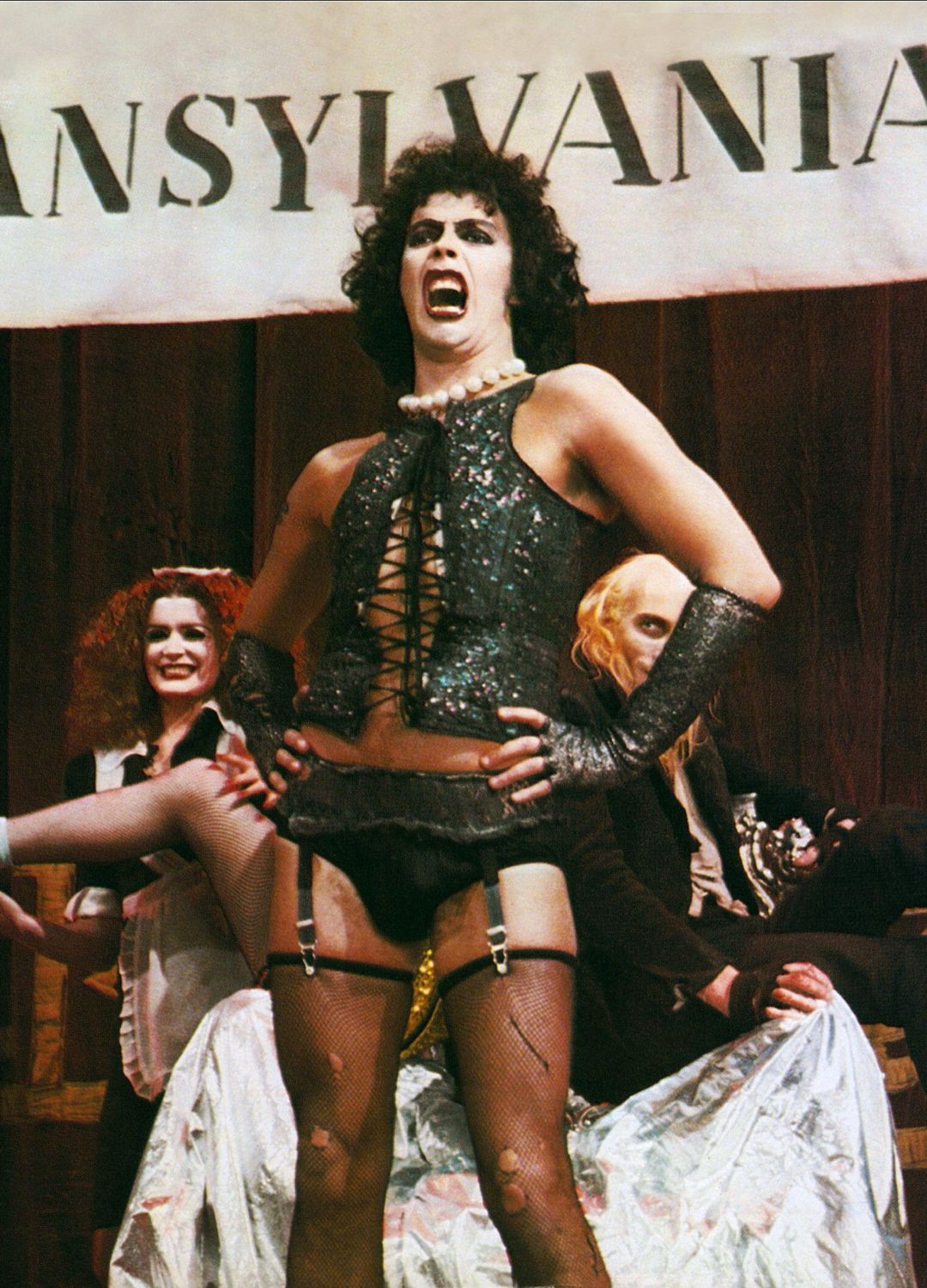
The iconic musical The Rocky Horror Picture Show, starring Tim Curry, is one of the most beloved cult films ever made. Due to the fact the film is still shown as a limited release today, it has the title of being the longest-running theatrical release in film history, showing for almost 50 years.
Rocky
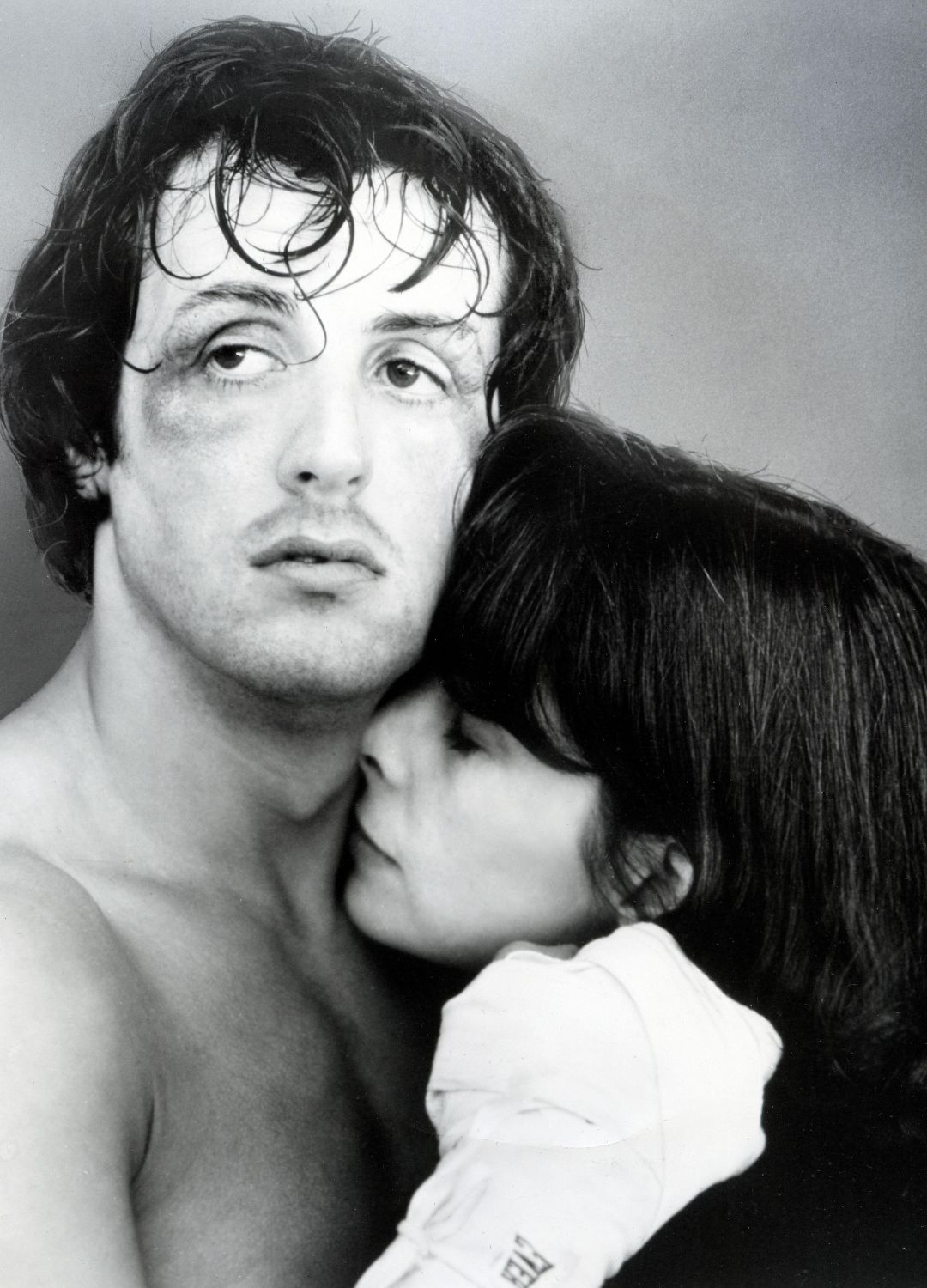
Rocky, both written by and starring Sylvester Stallone, was the highest-grossing film of 1976, and is widely considered one of the best sports films ever made. With ten Academy Award nominations and a Best Picture win, Rocky and its triumphant theme song became pop culture phenomena that typified the culture of the 70s.
A Star is Born
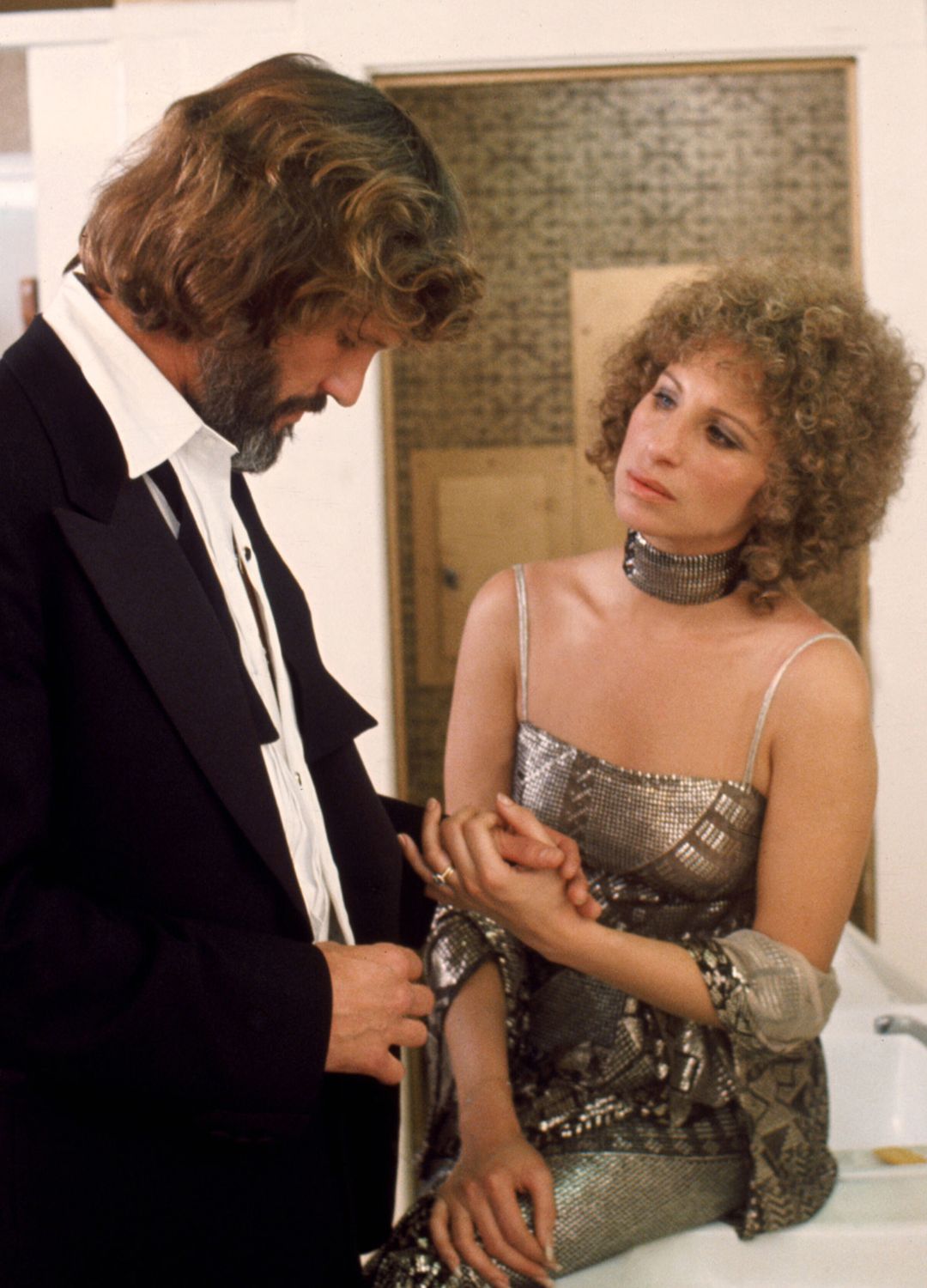
While the most recent iteration of the musical drama A Star is Born, starring Lady Gaga and Bradley Cooper, may be the most well-known, the 1976 version was the second highest-grossing film of its year and was a major role for stars and singers Barbra Streisand and Kris Kristofferson. The film won Best Original Song for the theme “Evergreen”, just as the 2018 movie won for “Shallow”.







